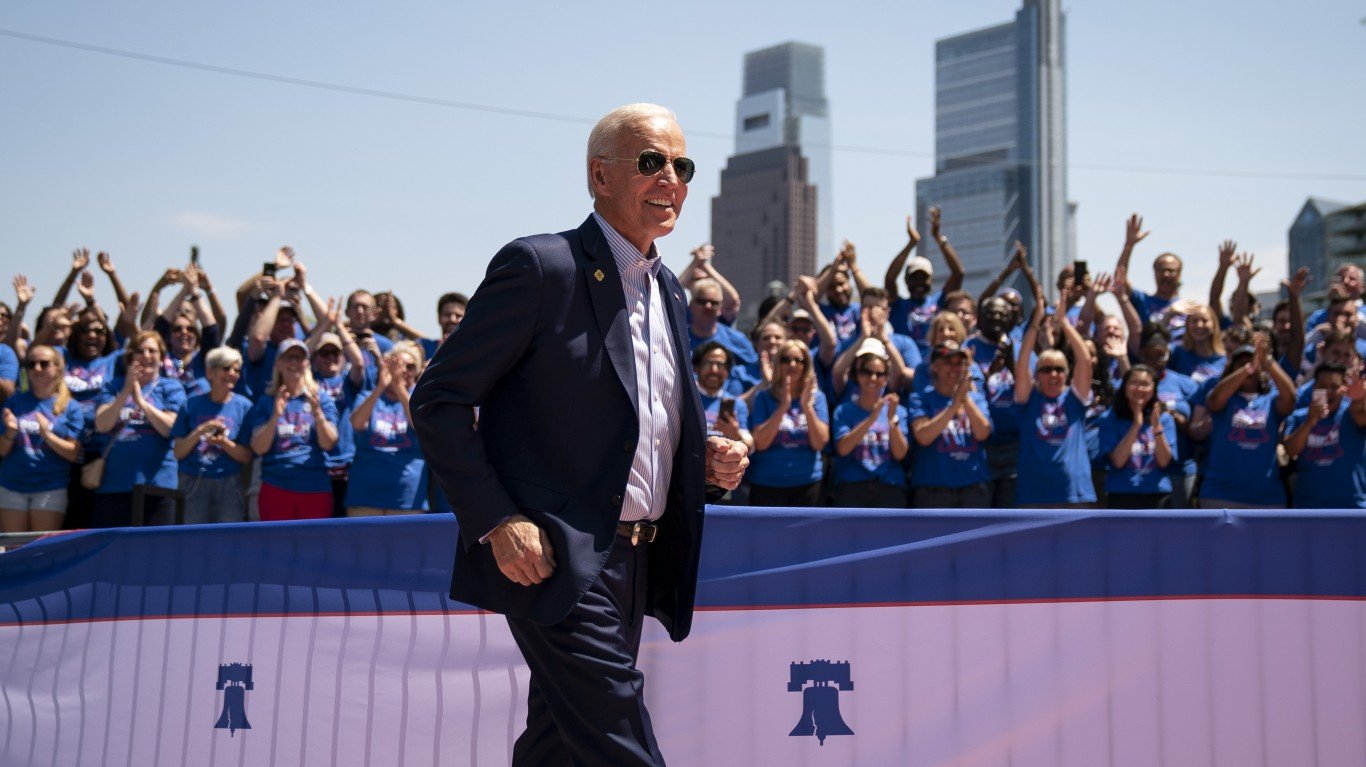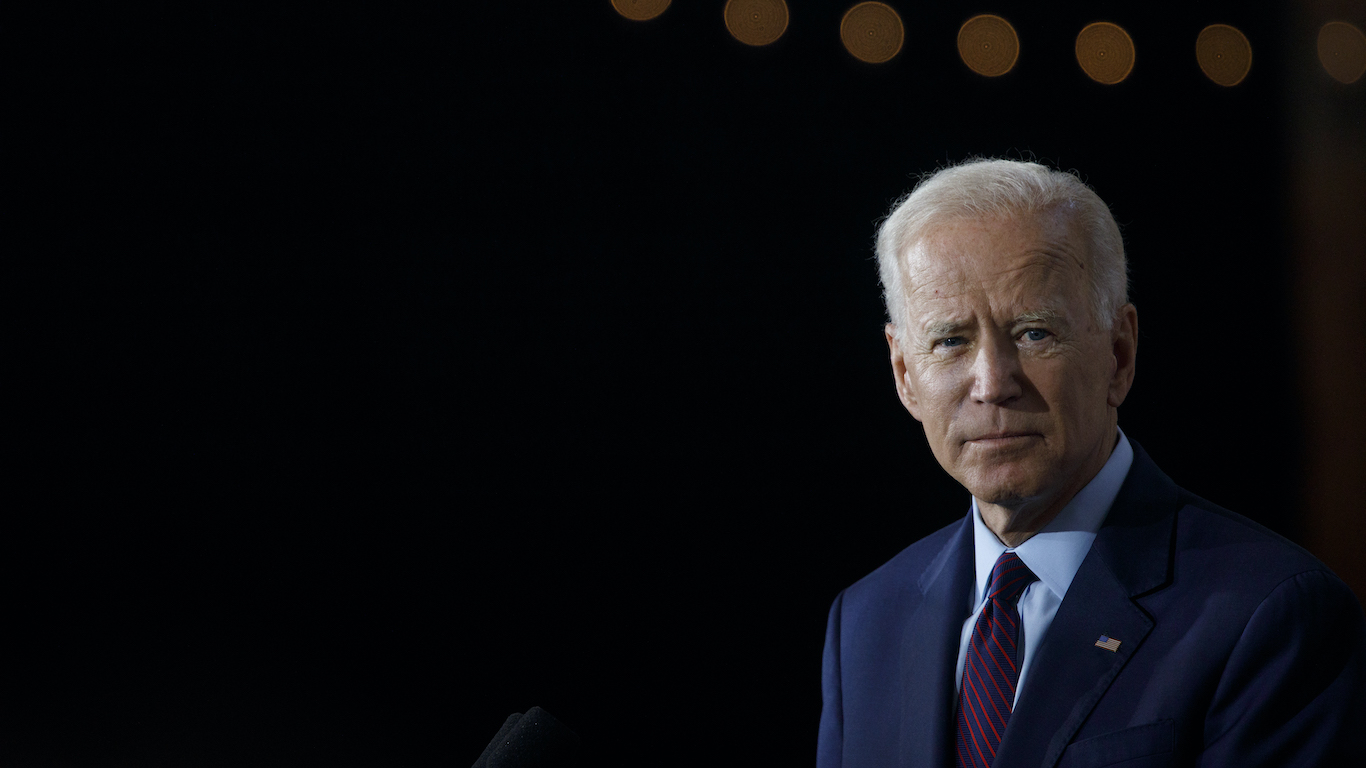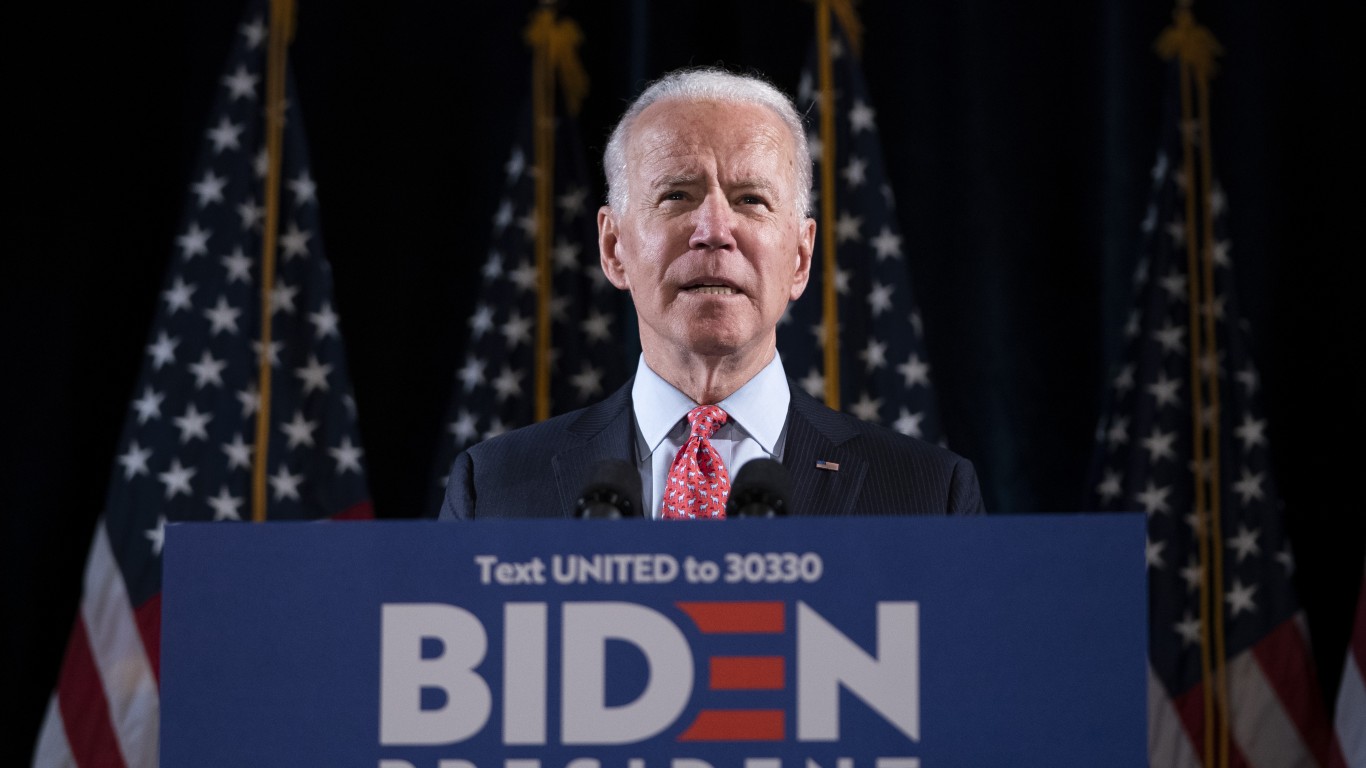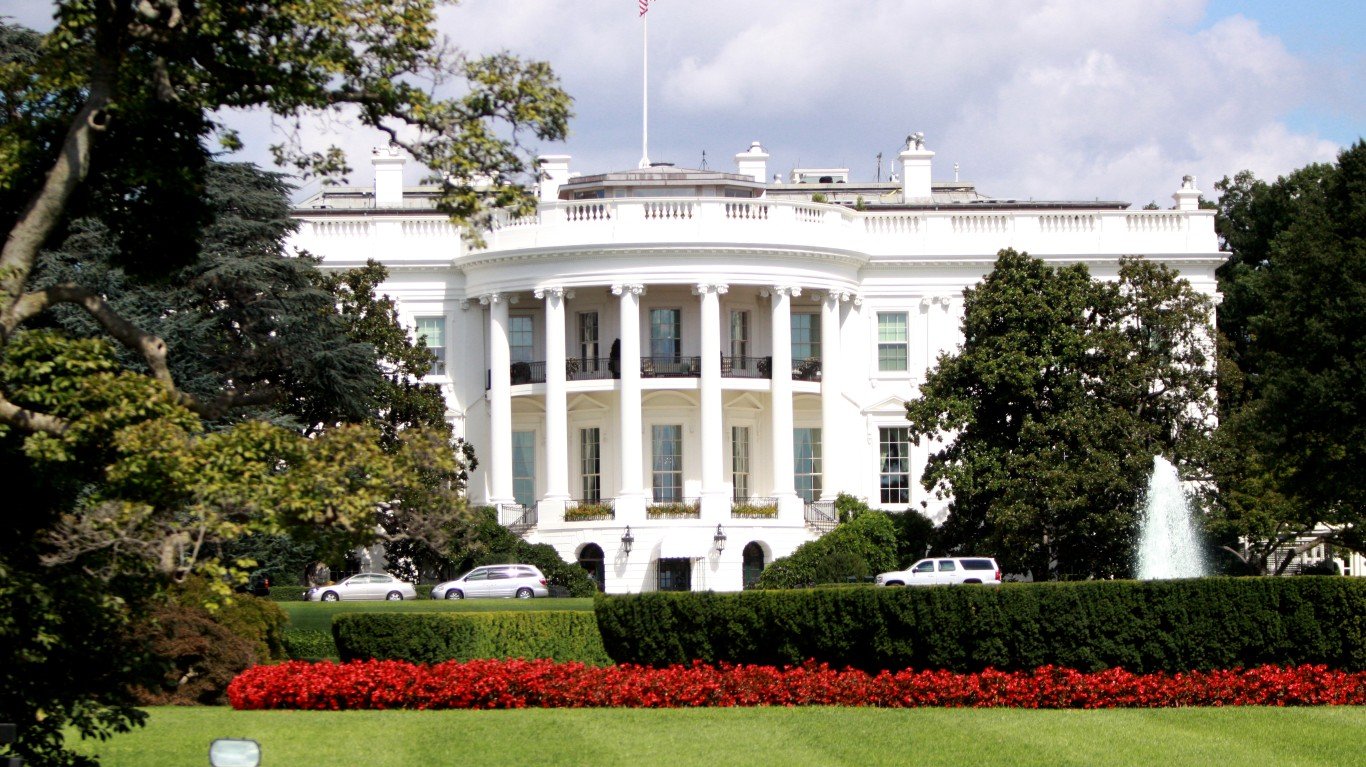

The 2024 presidential race is shaping up to be one of the most contentious in modern times. For many potential voters, the choice of an incumbent and a former president may feel like an exercise in selecting the lesser of two evils. Charges of being the “worst president ever” have been cast from both sides. But is either of them truly an ineffective and unpopular president? Millennials have opinions on what makes a failed administration, as evidenced by their rankings by global online research company YouGov.com.
Why Does It Matter?
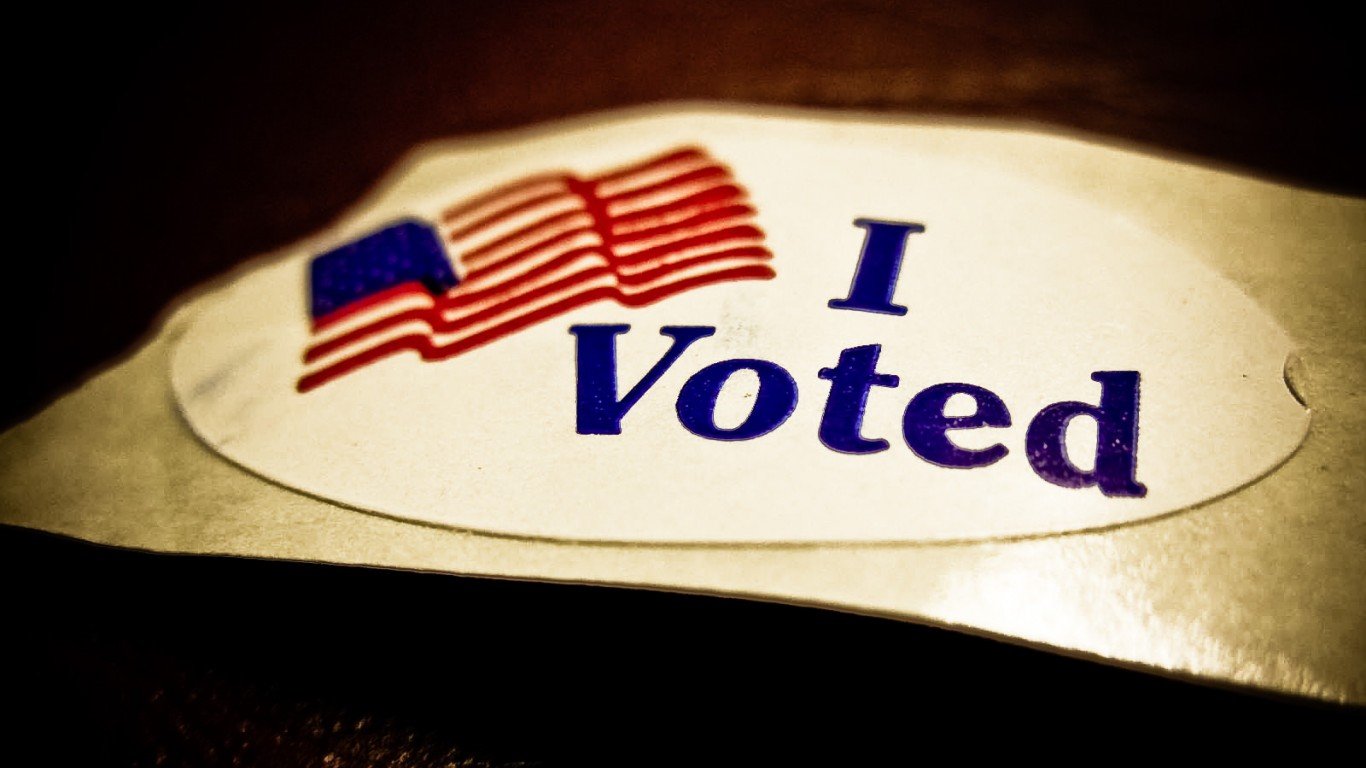
There are estimated to be more than 72 million millennials in the United States, which is over 20% of the population. Because they are now in their late 20s to early 40s, they have a growing impact on culture and the economy as the influence of the baby boomers and Gex X begin to fade. In an election as close as the 2024 presidential race is shaping up to be, what millennials believe makes a good leader could make a major difference for the country going forward. With that in mind, here is a look at the least popular presidents among millennials.
15. Richard Nixon
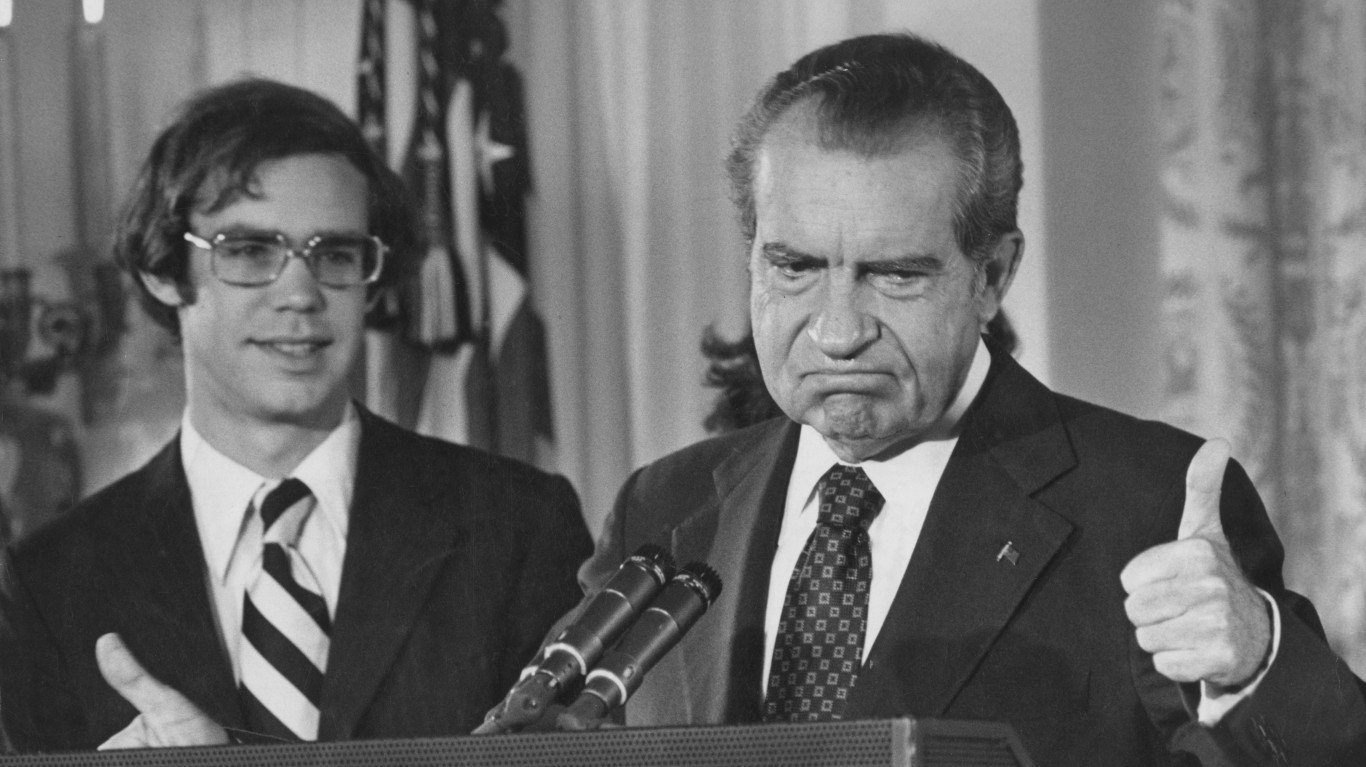
- Administration: 37th U.S. president, January 20, 1969, to August 9, 1974
- Party: Republican
- Big events: China diplomacy, Vietnam War, Watergate scandal
- Popularity score with millennials: 47%
The President Who Resigned
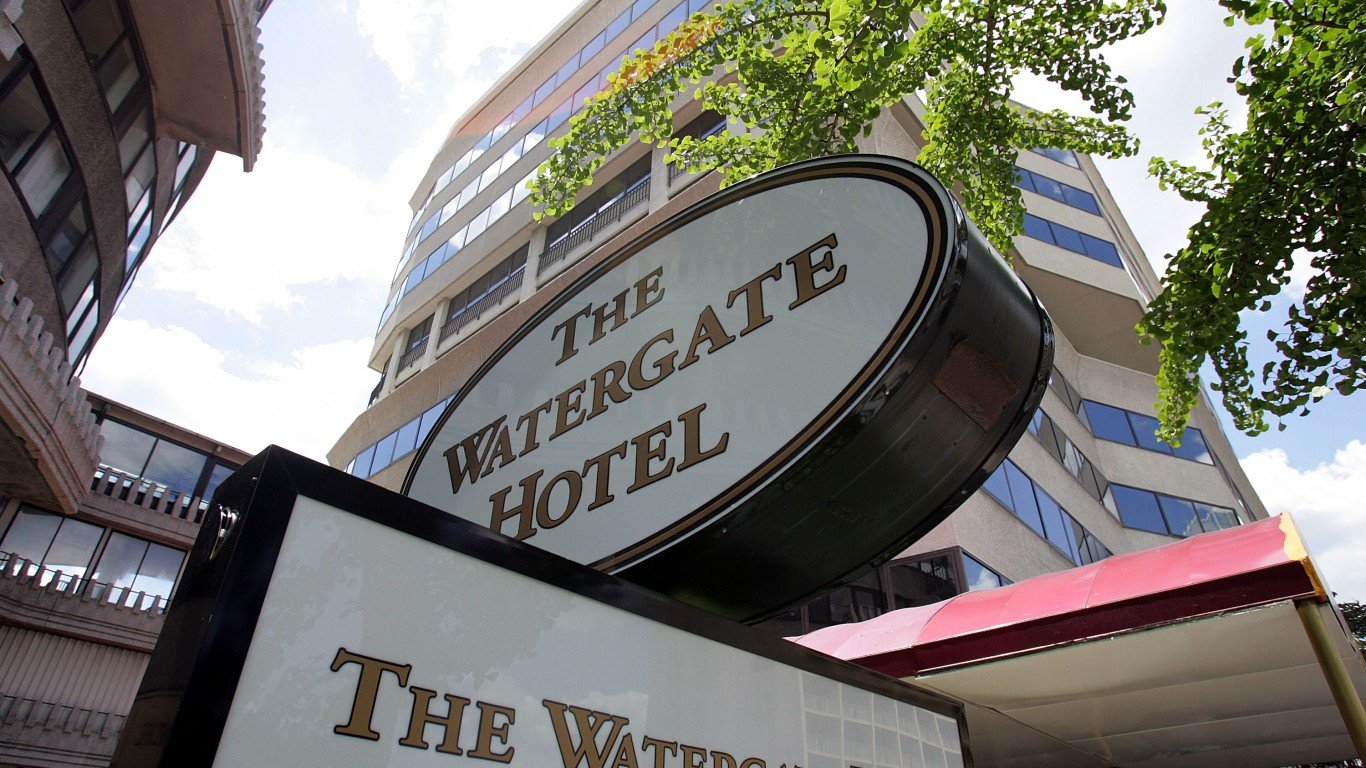
The Watergate scandal led to the end of Nixon’s presidency, as he resigned to avoid an impeachment. It is also perhaps what he will be most remembered for. While Nixon also managed to end U.S. involvement in Vietnam, it was at the cost of the fall of Saigon and Cambodia, genocide, and an enormous refugee crisis. His administration was marred by allegations of corruption and abuse of power.
14. Lyndon B. Johnson
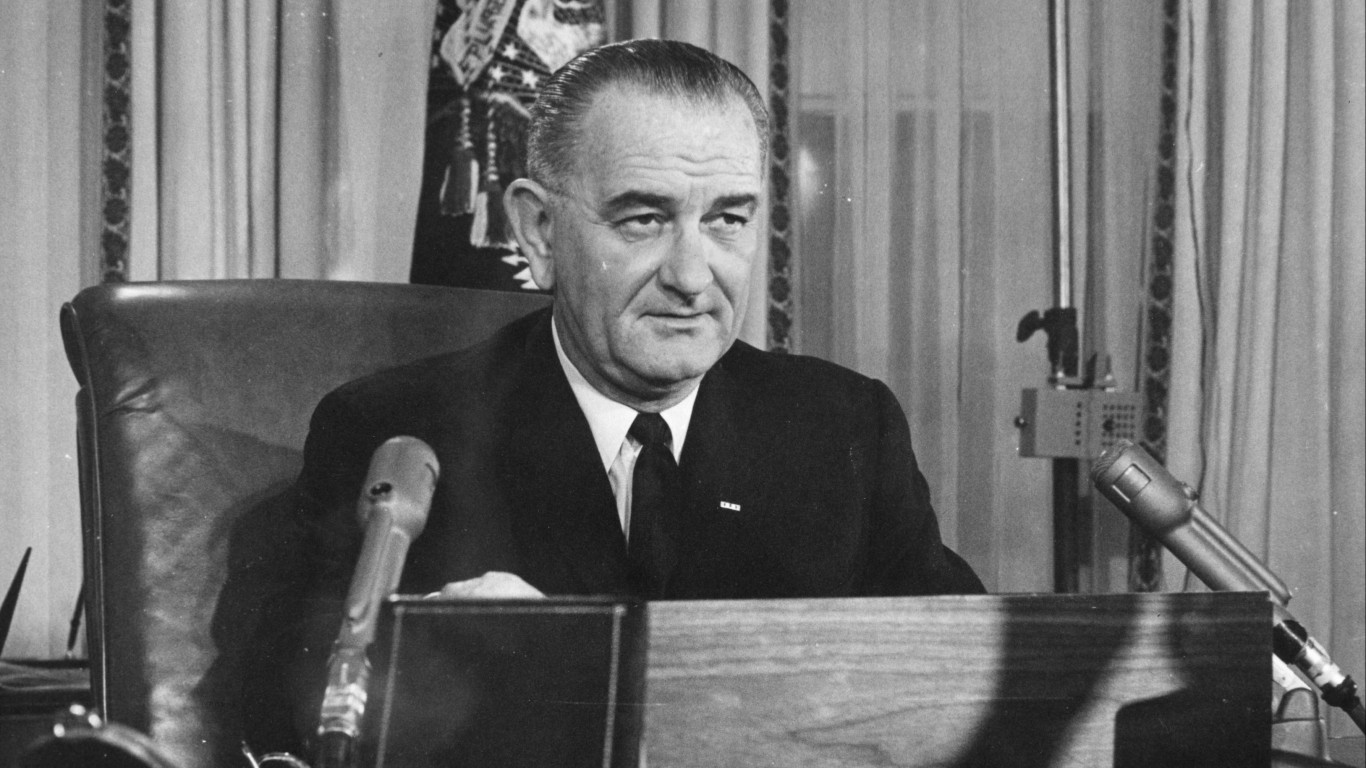
- Administration: 36th U.S. president, November 22, 1963, to January 20, 1969
- Party: Democratic
- Big events: Civil Rights Act, Voting Rights Act, Vietnam War
- Popularity score with millennials: 47%
Caught in a Quagmire
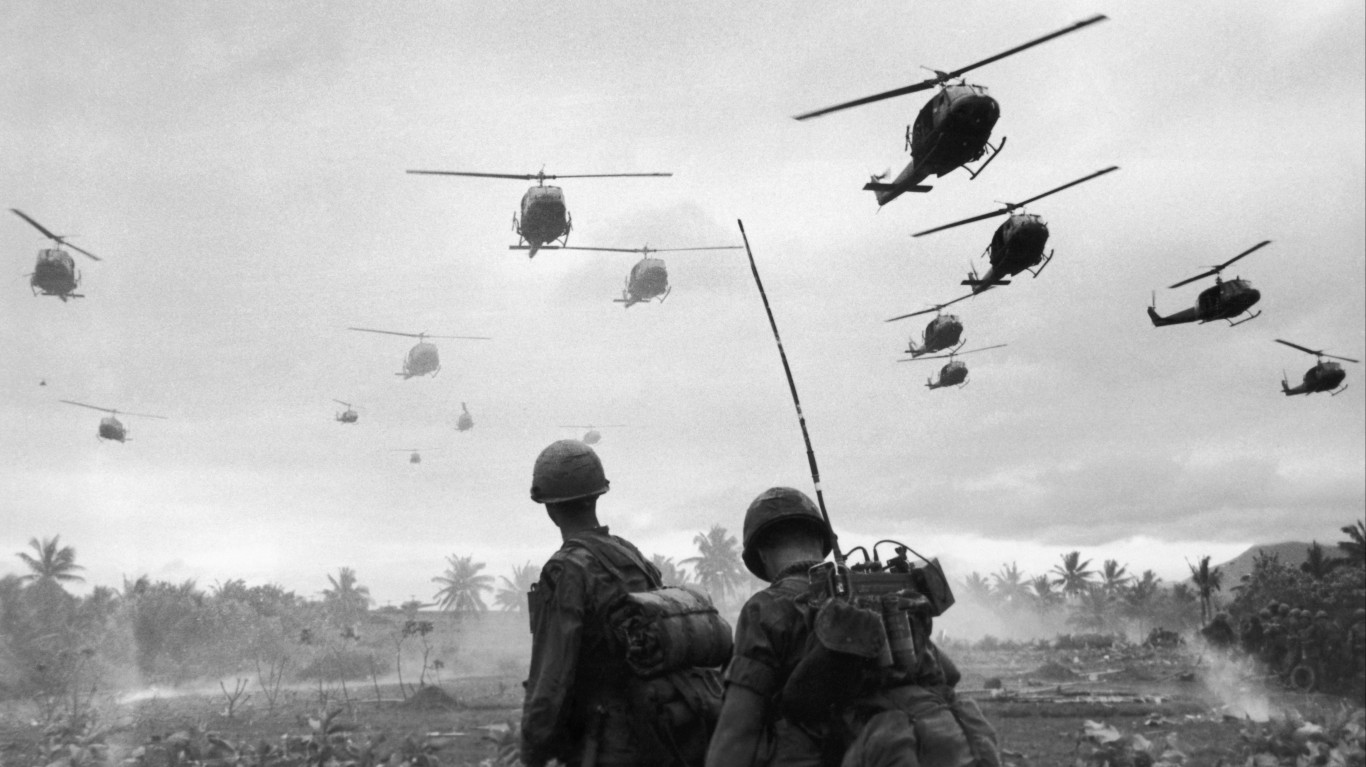
Johnson was thrown into the job unexpectedly during a divisive time. His legacy is tainted by his failure to lead the nation from the quagmire of the Vietnam War. Public and political opposition to the war, as well as mixed results of welfare reform and growing deficits, was fierce. Johnson was also criticized for not reacting aggressively enough on civil rights, even though he signed the Civil Rights Act.
13. James K. Polk
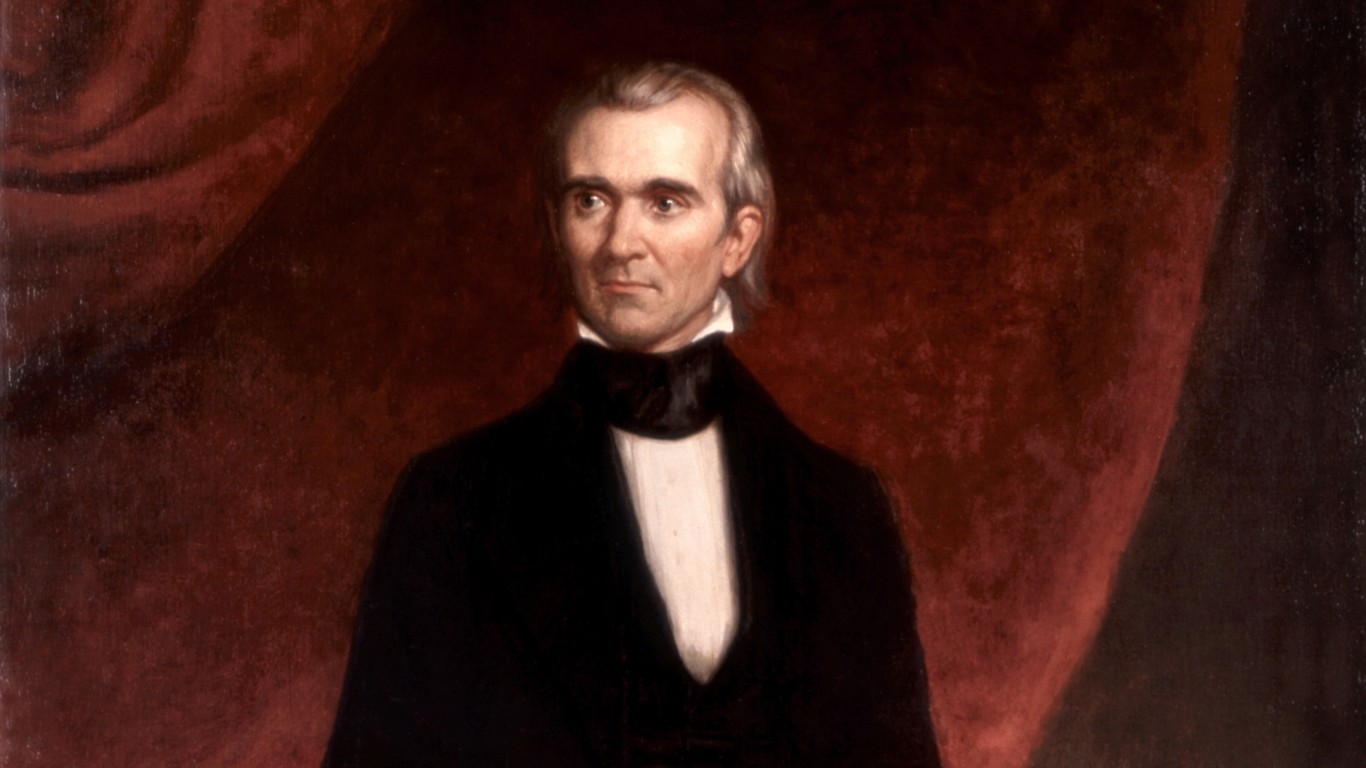
- Administration: 11th U.S. president, March 4, 1845, to March 4, 1849
- Party: Democratic Party
- Big events: Texas annexation, Mexican-American War
- Popularity score with millennials: 46%
The First Dark Horse
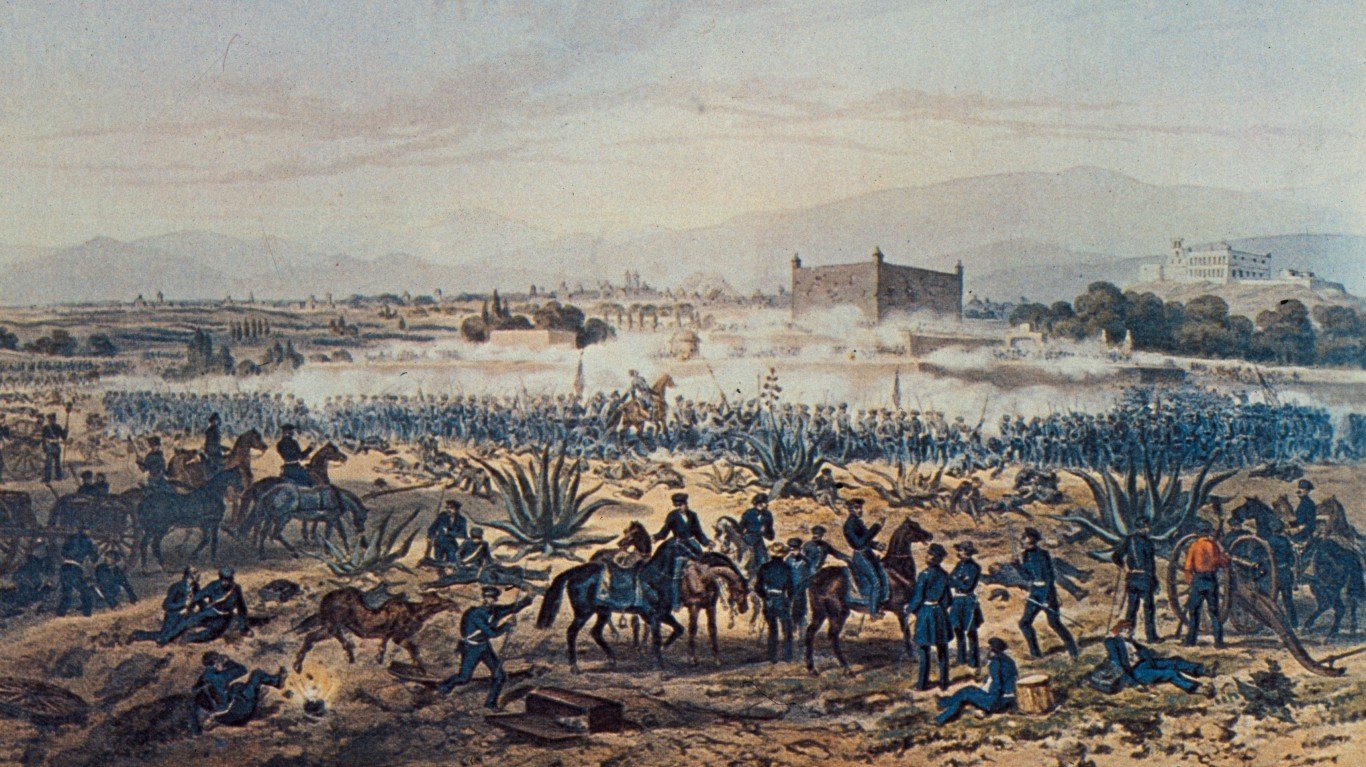
Polk was the youngest president to that point, and the nation’s first dark horse (i.e., relatively unknown) candidate. He is remembered for expanding U.S. territory through the Mexican-American War during his presidency, as well as the annexation of the Republic of Texas and establishing the Oregon Territory. Historians consider his administration not so much as a failure but as one of missed opportunities, such as addressing the issue of slavery before it thoroughly divided the country.
12. Calvin Coolidge
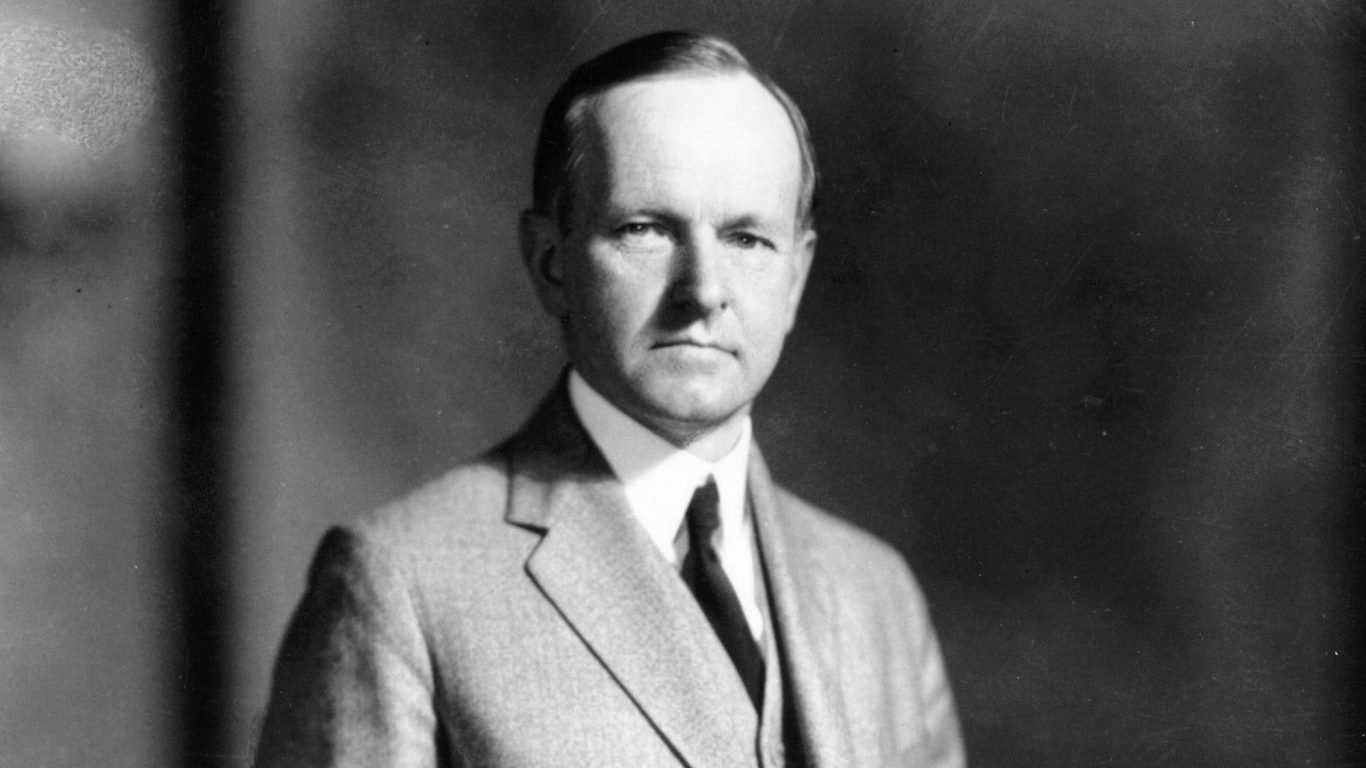
- Administration: 30th U.S. president, August 2, 1923, to March 4, 1929
- Party: Republican
- Big events: Citizenship Act of 1924, Immigration Act of 1924, stock market crash of 1929
- Popularity score with millennials: 46%
The Looming Depression
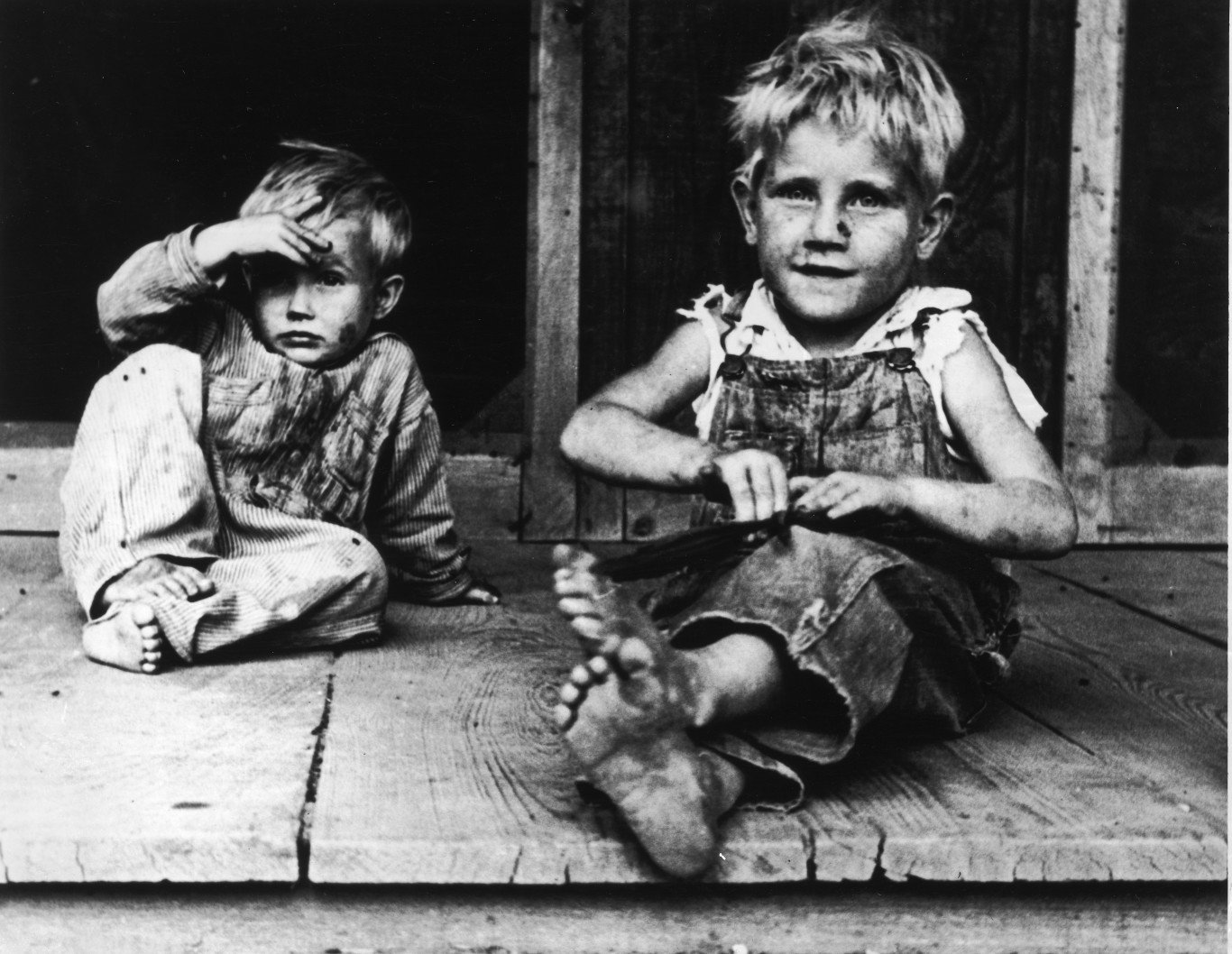
Many have linked the nation’s economic collapse into the Great Depression to Coolidge’s laissez-faire policy decisions. Tax cuts during his tenure contributed to an uneven distribution of wealth and the overproduction of goods, yet the depressed agricultural sector saw little benefit. And his efforts on the world stage failed to prevent the rise of Nazism in Germany. Coolidge chose not to run for president in 1928.
11. Donald Trump
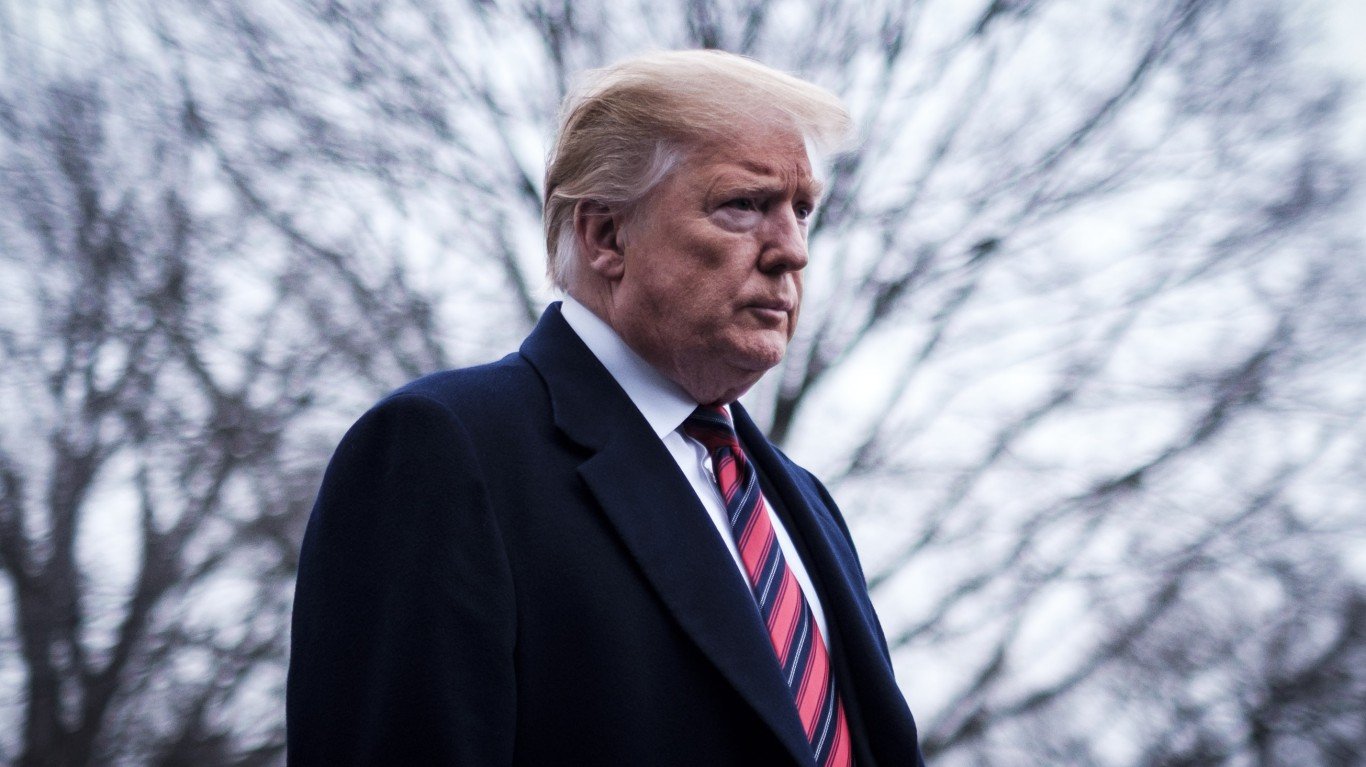
- Administration: 45th U.S. president, January 20, 2017, to January 20, 2021
- Party: Republican
- Big events: COVID-19 pandemic, Paris Agreement withdrawal, January 6 Capitol attack, impeachment trials
- Popularity score with millennials: 45%
Looking for a Comeback
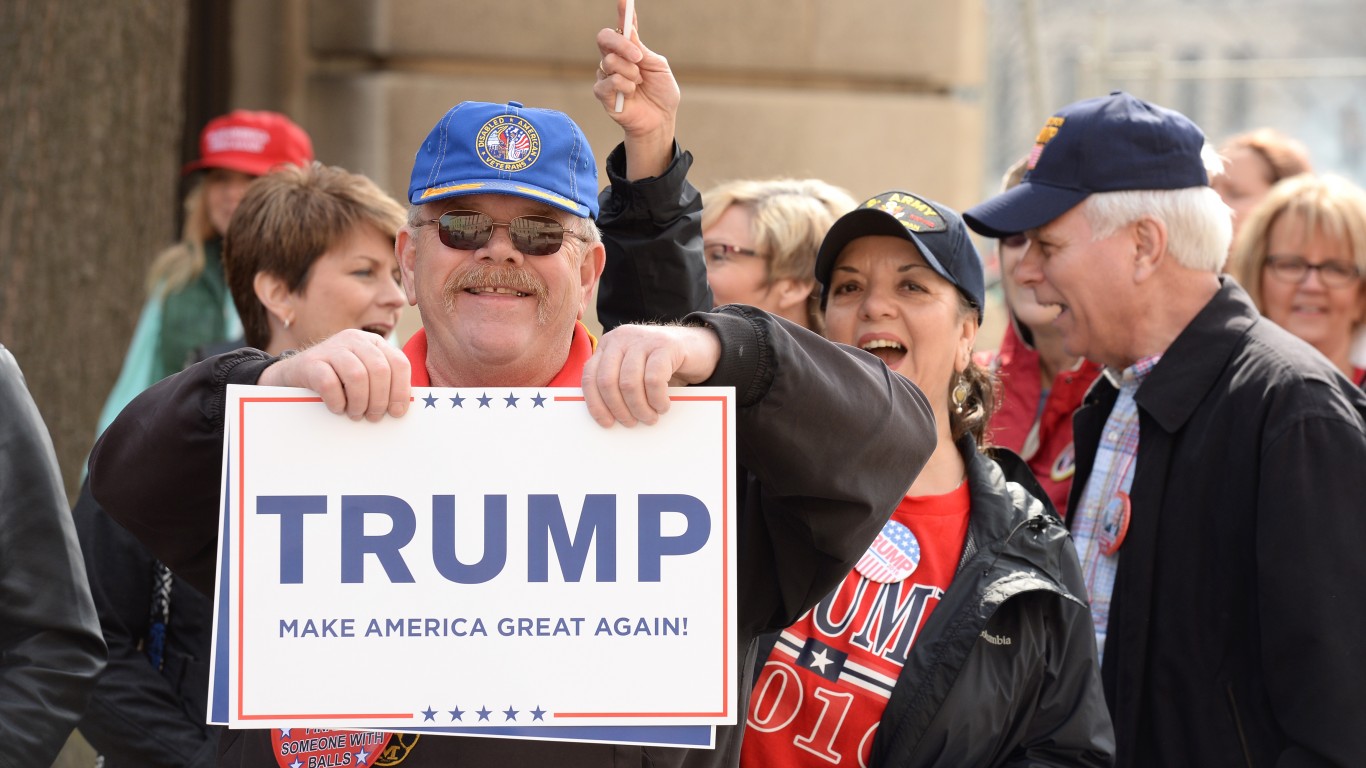
Trump’s legacy is likely to be defined by being impeached twice and his administration’s inept handling of the COVID-19 pandemic. America’s global image deteriorated during his term, and democratic norms were eroded in many ways. Trump’s aggressive stance on immigration resulted in a policy of separating children from their families. And Trump and his administration were renowned for the levels of misinformation they released, and one of the key messages of his 2024 campaign is retribution against his political enemies.
10. William Henry Harrison
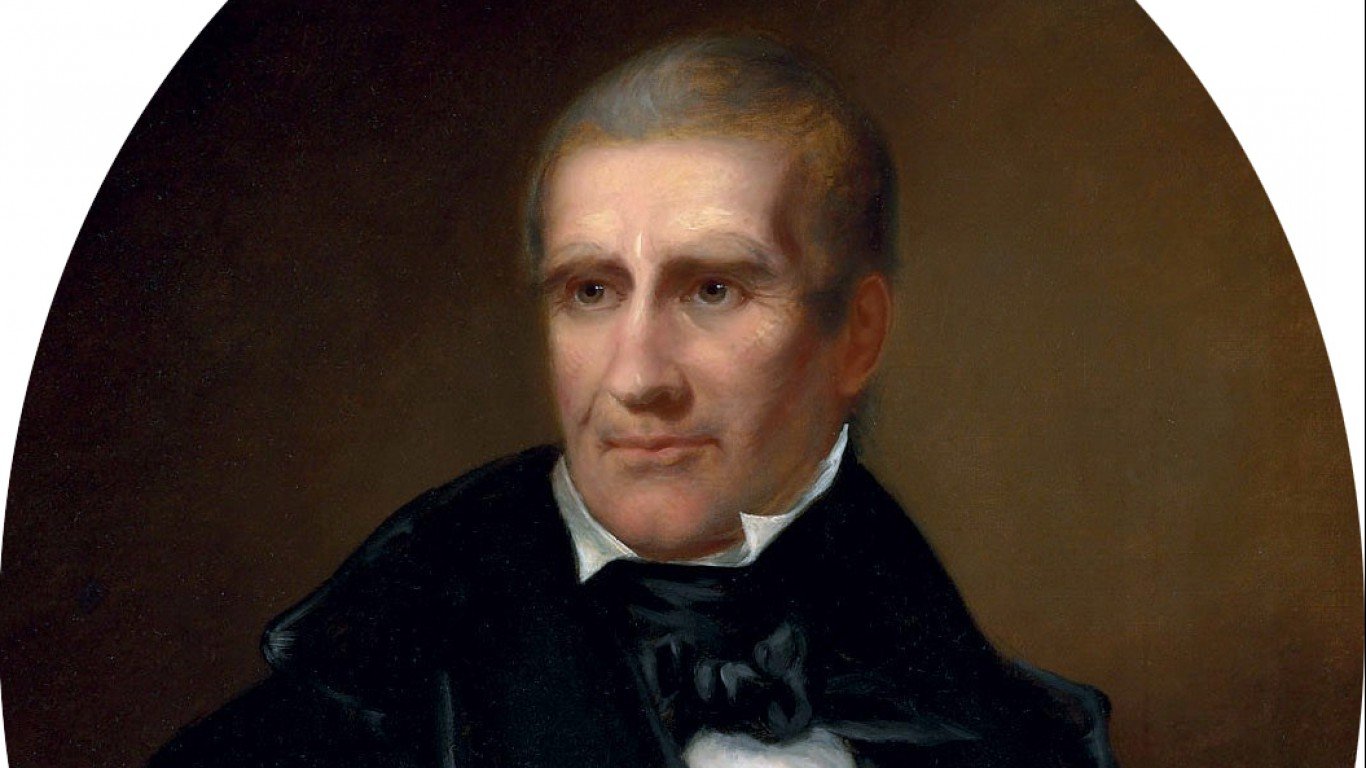
- Administration: 9th U.S. president, March 4, 1841, to April 4, 1841
- Party: Whig
- Big events: inauguration
- Popularity score with millennials: 45%
The One-Month Presidency
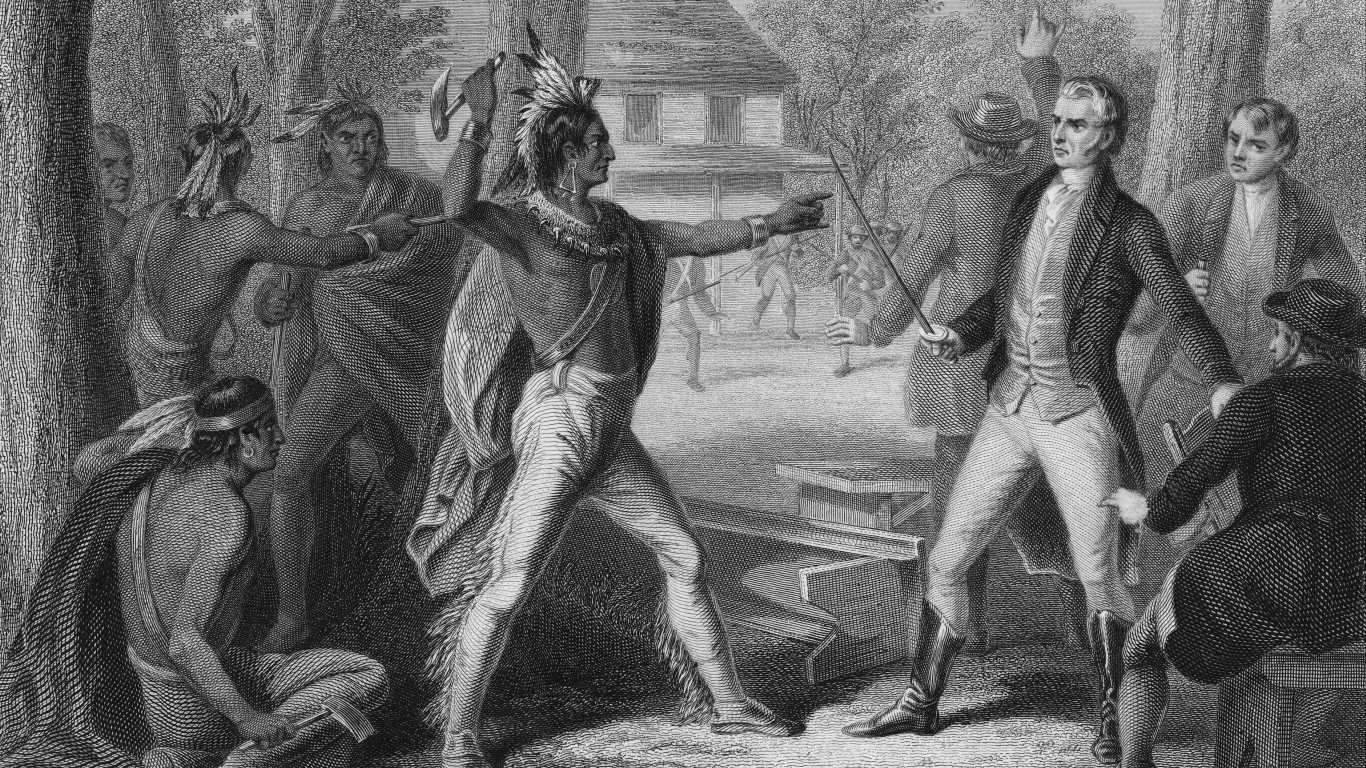
Harrison had almost no chance to make his mark as president because he died of pneumonia about a month into office. His illness is often attributed to his inaugural address, the longest at the time at over two hours, which he delivered in a frigid rain without wearing a coat or hat. Historians can only speculate what his impact on the presidency and the country would have been. But his successor, John Tyler, was largely reviled.
9. Chester A. Arthur
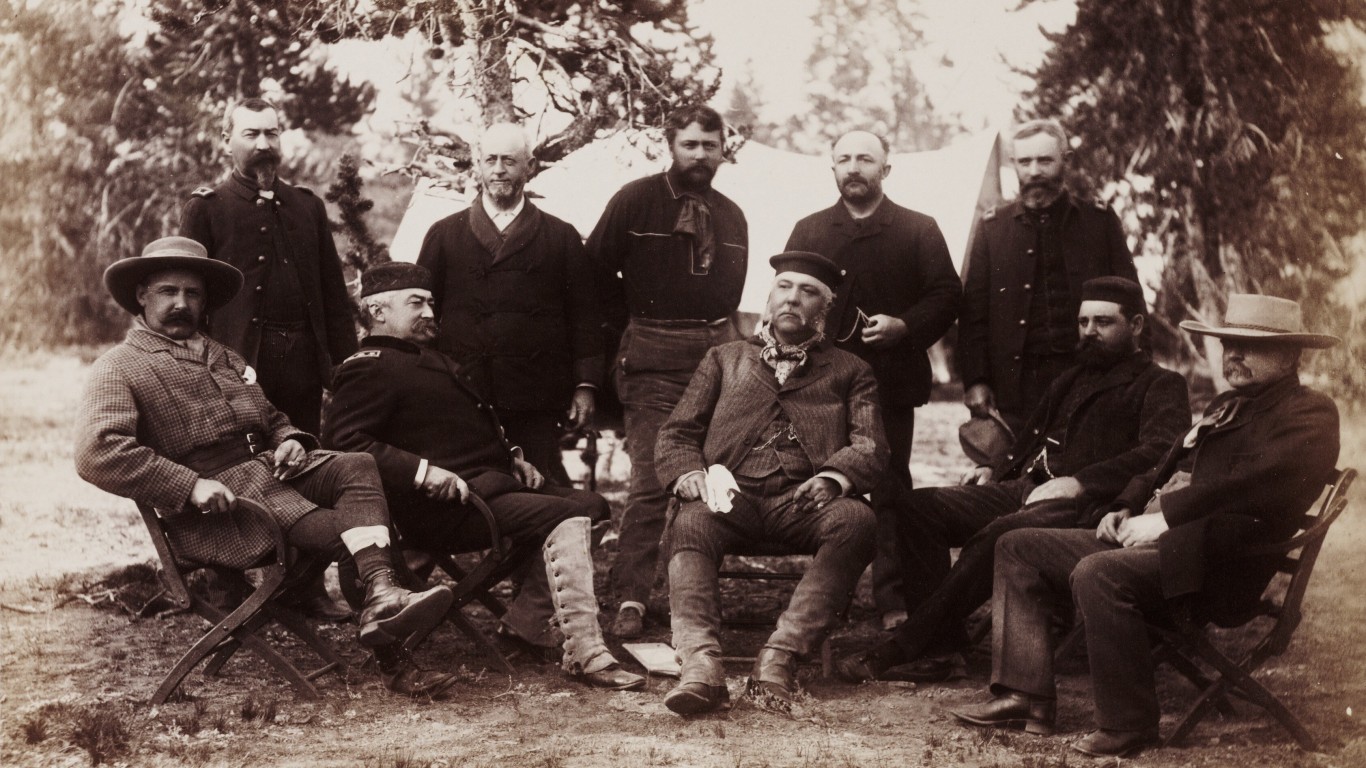
- Administration: 21st U.S. president, September 19, 1881, to March 4, 1885
- Party: Republican
- Big events: civil service reform, Immigration Act of 1882, naval reform,
- Popularity score with millennials: 45%
Not Making Friends
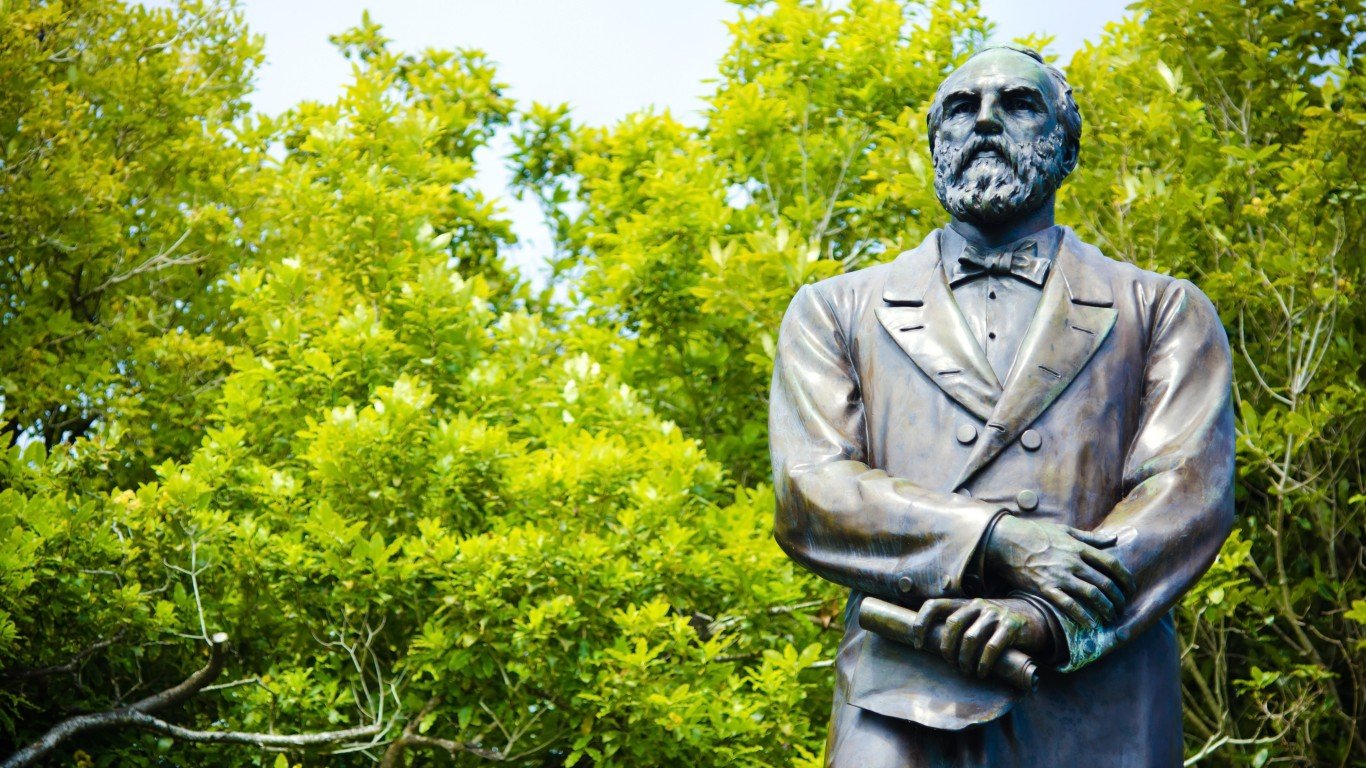
Arthur became president after President Garfield’s assassination, and he surprised many by becoming a reformer in office, cracking down on the rampant civil-service spoils system. Other Republicans were not happy about that, and Arthur became one of the few presidents to fail to clinch his party’s nomination for re-election. He may not have been strongly interested in doing so, as it is said that he kept secret for years that he had a fatal kidney disease.
8. William Howard Taft
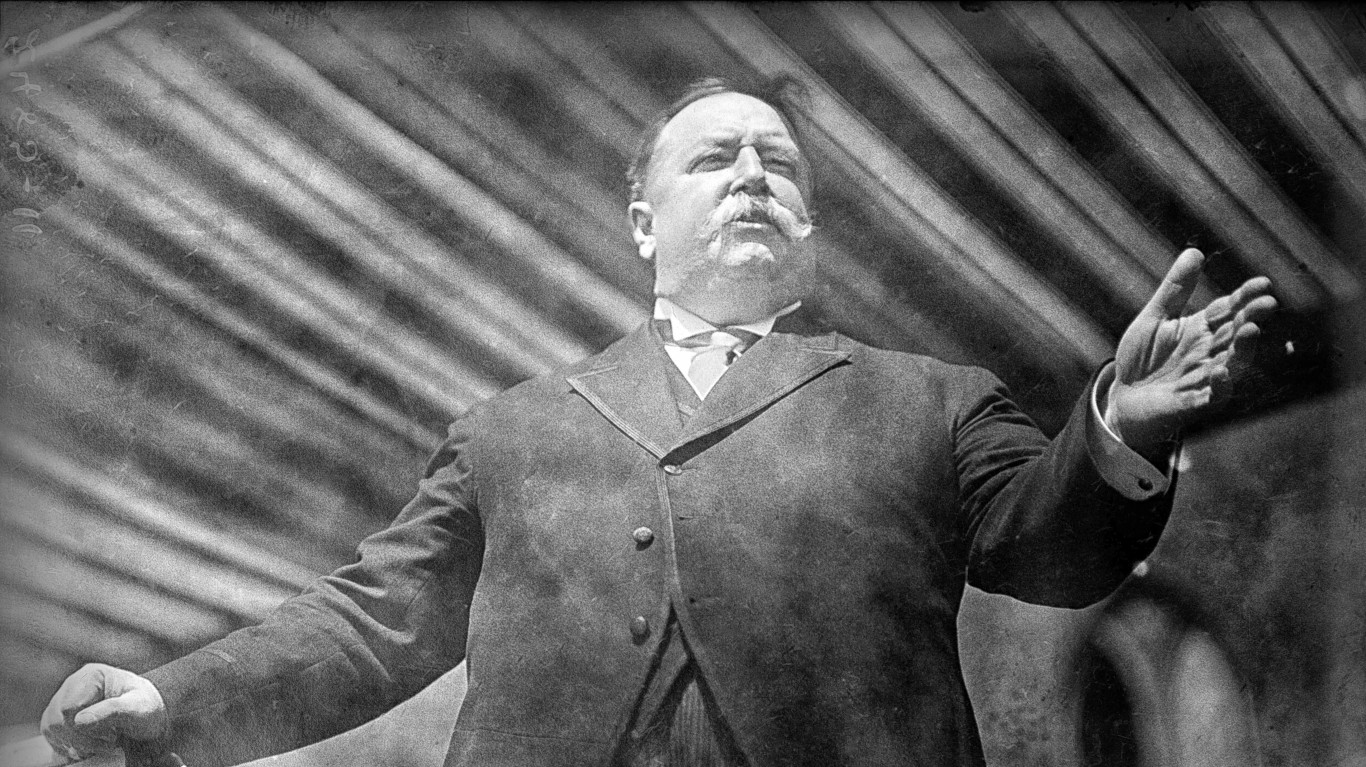
- Administration: 27th U.S. president, March 4, 1909, to March 4, 1913
- Party: Republican
- Big events: Panama Canal construction, State Department reform, Mexican and Chinese Revolutions
- Popularity score with millennials: 44%
Trying to Fill Big Shoes
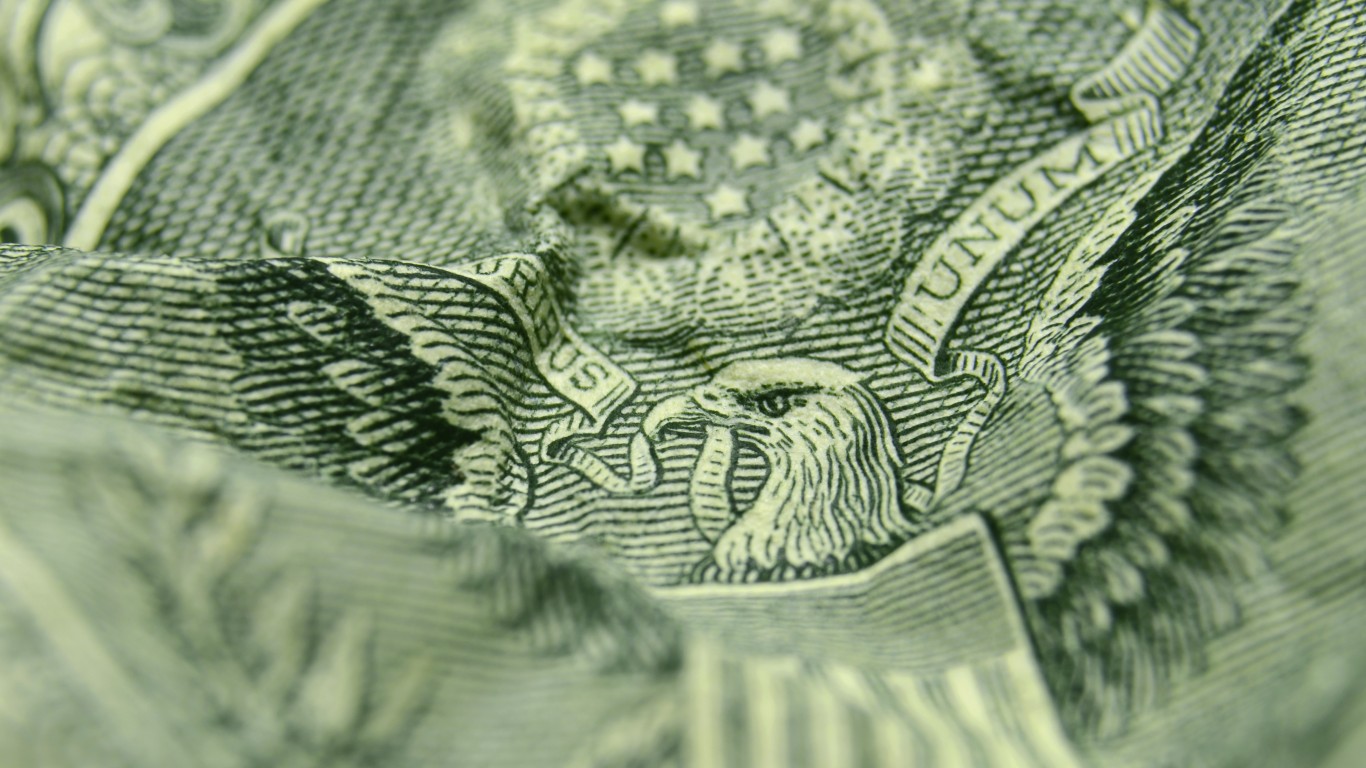
Taft had big shoes to fill, coming into office after Theodore Roosevelt. Taft’s foreign policy was characterized as “dollar diplomacy,” encouraging Americans to invest money in other countries to promote U.S. commercial interests. The policy failed to counteract economic instability and revolutionary movements in places like Mexico, Central America, and China. Taft lost in a landslide to Woodrow Wilson in the 1912 presidential election.
7. John Tyler
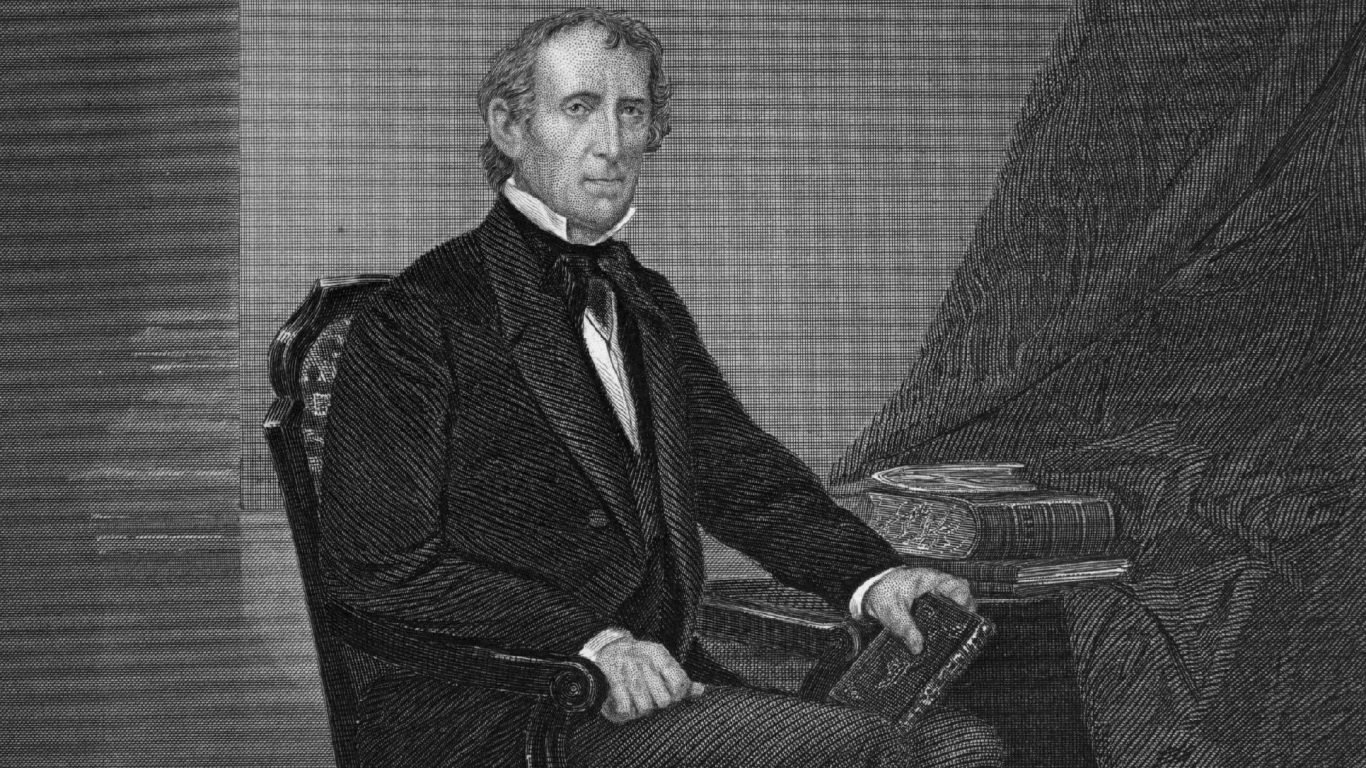
- Administration: 10th U.S. president, April 4, 1841, to March 4, 1845
- Party: Whig
- Big events: Webster-Ashburton treaty, westward expansion, Seminole War, Florida statehood
- Popularity score with millennials: 44%
The First Accidental President
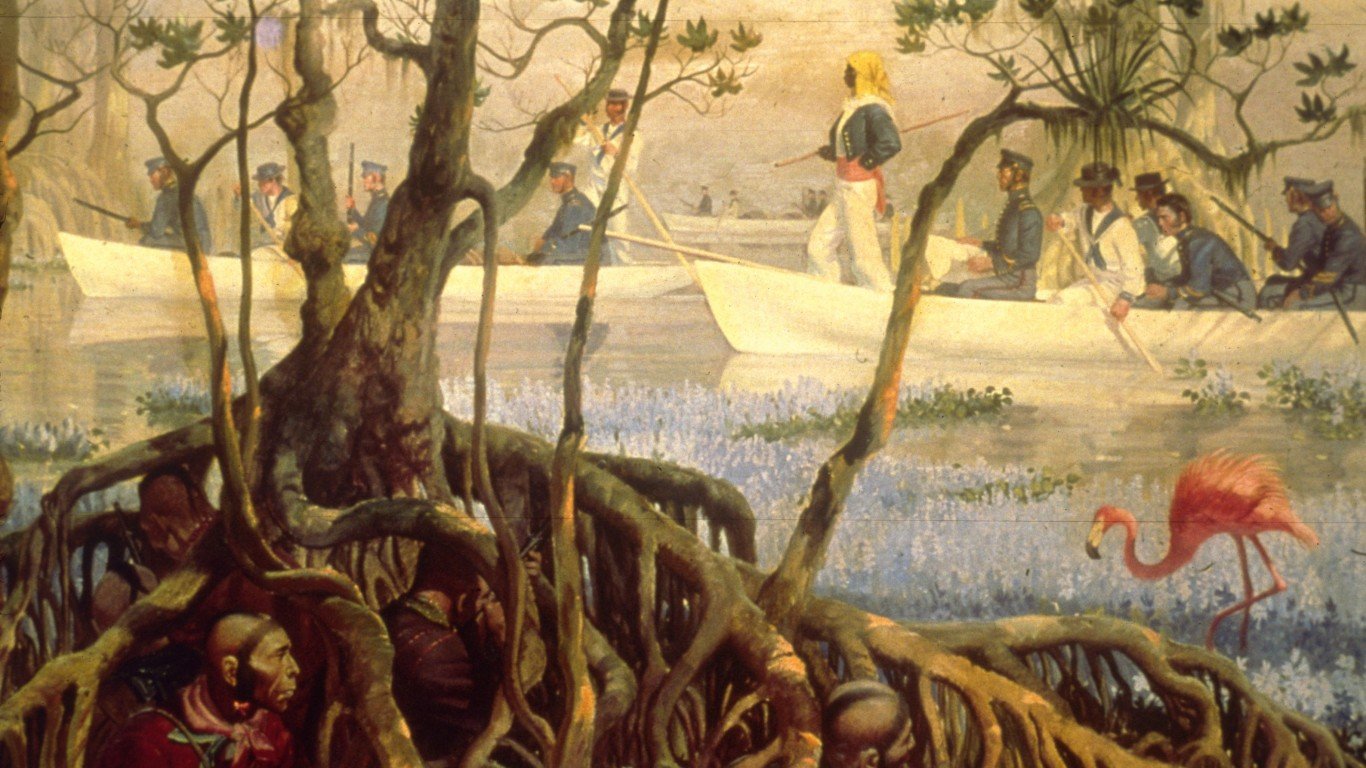
Tyler was the first “accidental” president; that is, the first to become president when his predecessor died in office. Questions of his legitimacy dogged his administration. The cabinet he inherited resigned, he was ousted from his party, and he was burned in effigy at the White House. He also had the first congressional override of a veto in history. The precedent that the vice president automatically assumes the office of the presidency after the death of a president was later codified in the 25th Amendment.
6. James Buchanan
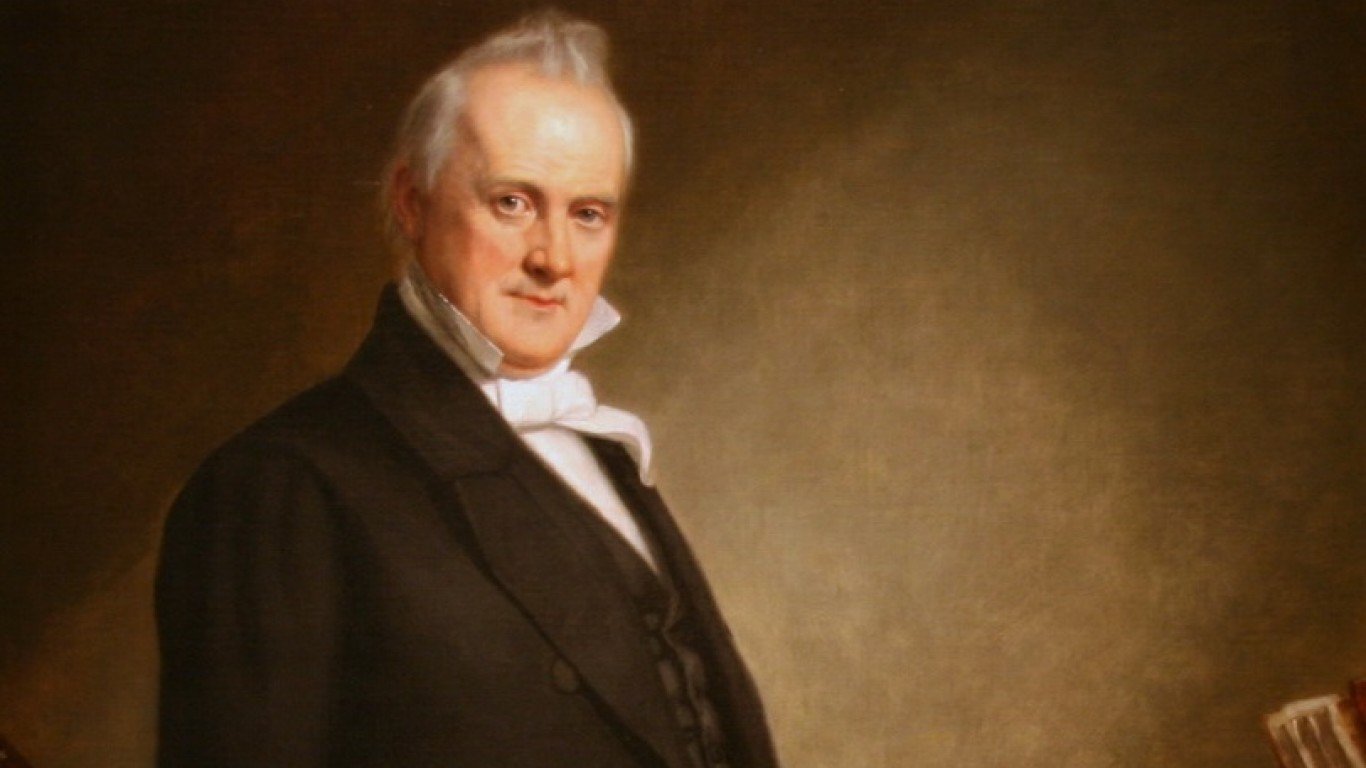 Source: iip-photo-archive / Flickr
Source: iip-photo-archive / Flickr

- Administration: 15th U.S. president, March 4, 1857, to March 4, 1861
- Party: Democratic
- Big events: Dred Scott decision, Panic of 1857, Utah War, Bleeding Kansas dispute
- Popularity score with millennials: 44%
Where His Sympathies Lie
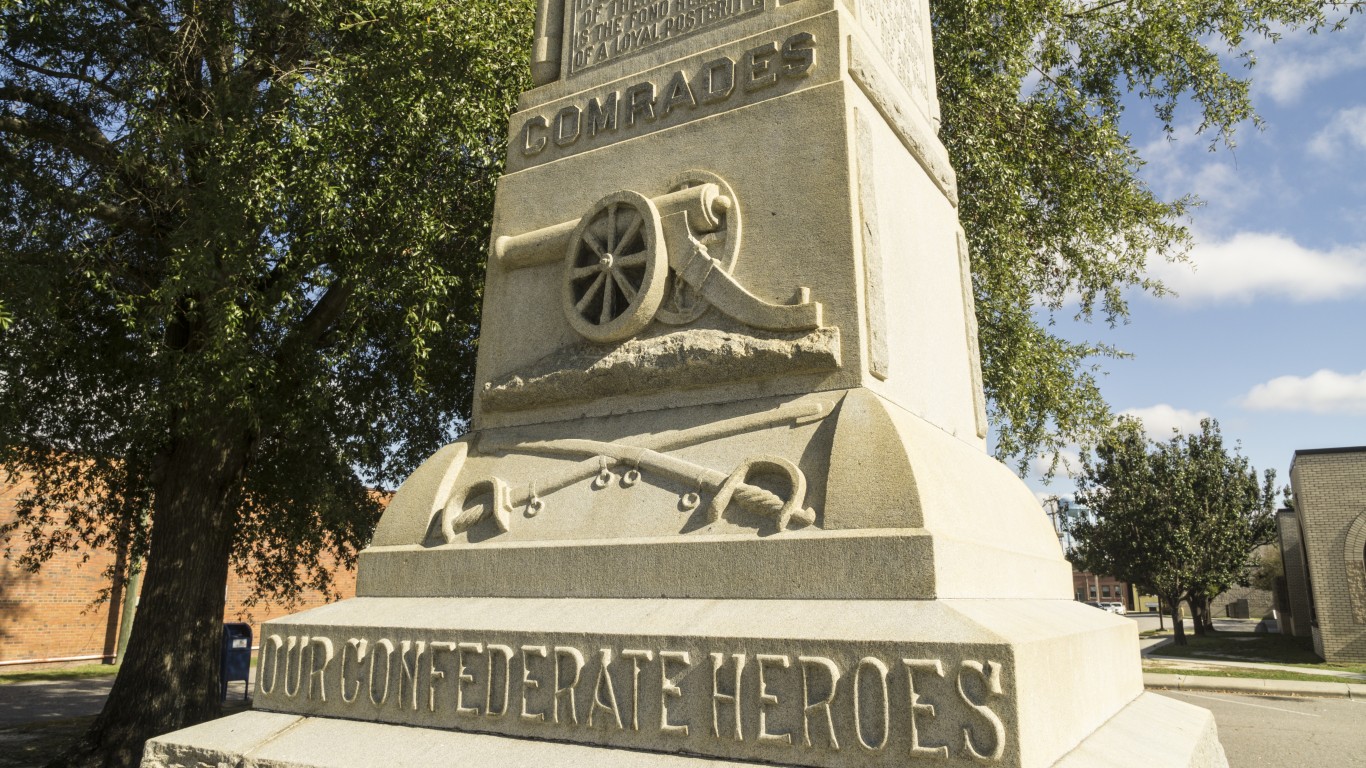
Buchanan refused to take a hard stance on the issue of slavery and, being sympathetic to the South, did nothing to stop the southern states from seceding from the Union. His cabinet consisted of like-minded individuals, some of whom went on to positions in the Confederacy. He wrote late in life that he thought history would vindicate him, yet Buchanan is often ranked as one of the least effective U.S. presidents of all time.
5. Millard Fillmore
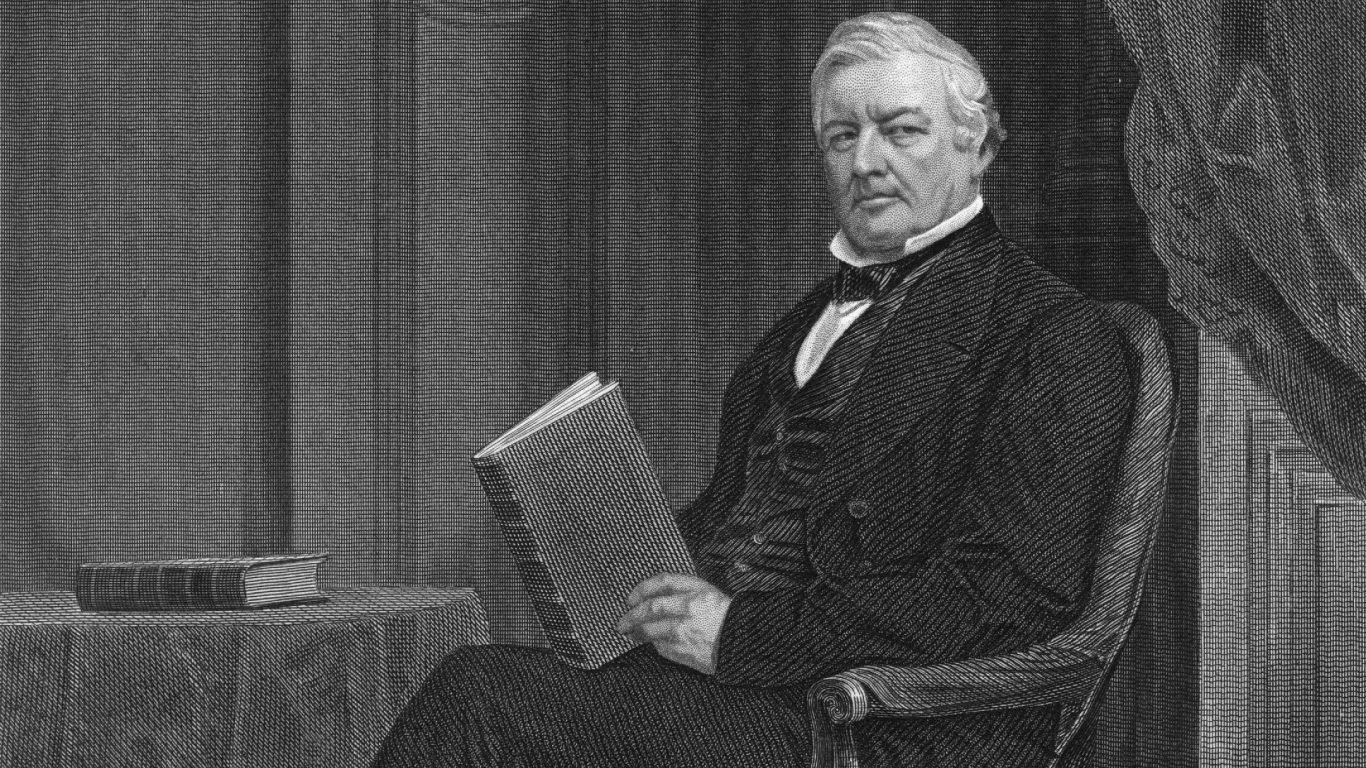
- Administration: 13th U.S. president, July 9, 1850, to March 4, 1853
- Party: Whig
- Big events: Compromise of 1850, Fugitive Slave Act, California Gold Rush, California statehood
- Popularity score with millennials: 44%
A Party Circling the Drain
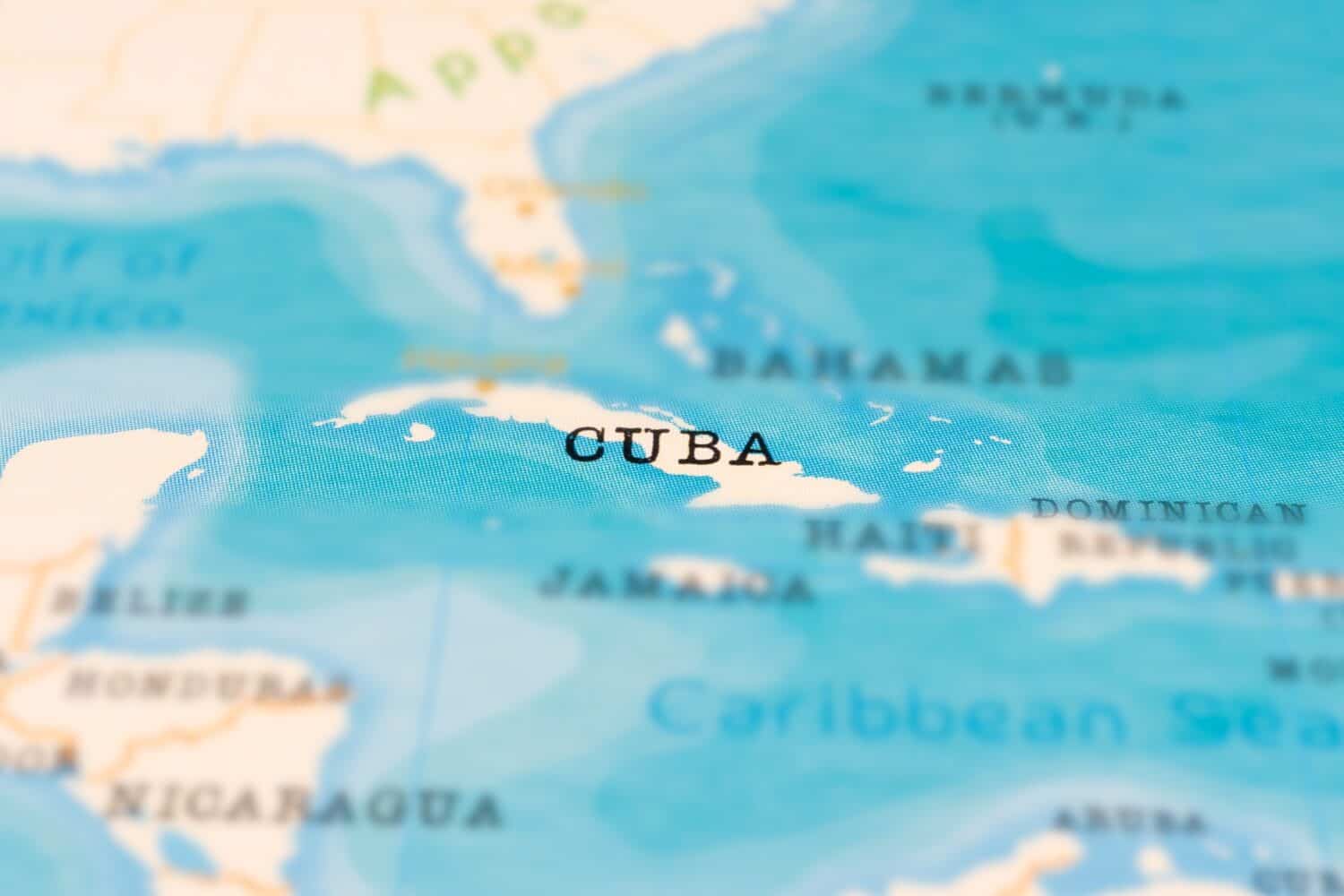
The Compromise of 1850, an attempt to diffuse tensions between slave and free states, largely defined Fillmore’s presidency. In the end, it was unsuccessful, which helped lead to the fracturing and disintegration of the Whig Party. Fillmore’s efforts to avoid possible war with Spain over Cuba’s sovereignty, as well as his signing and enforcing the Fugitive Slave Act, also helped to fracture the party. A subsequent run for president in 1856 as part of the Know Nothing Party was unsuccessful.
4. Zachary Taylor
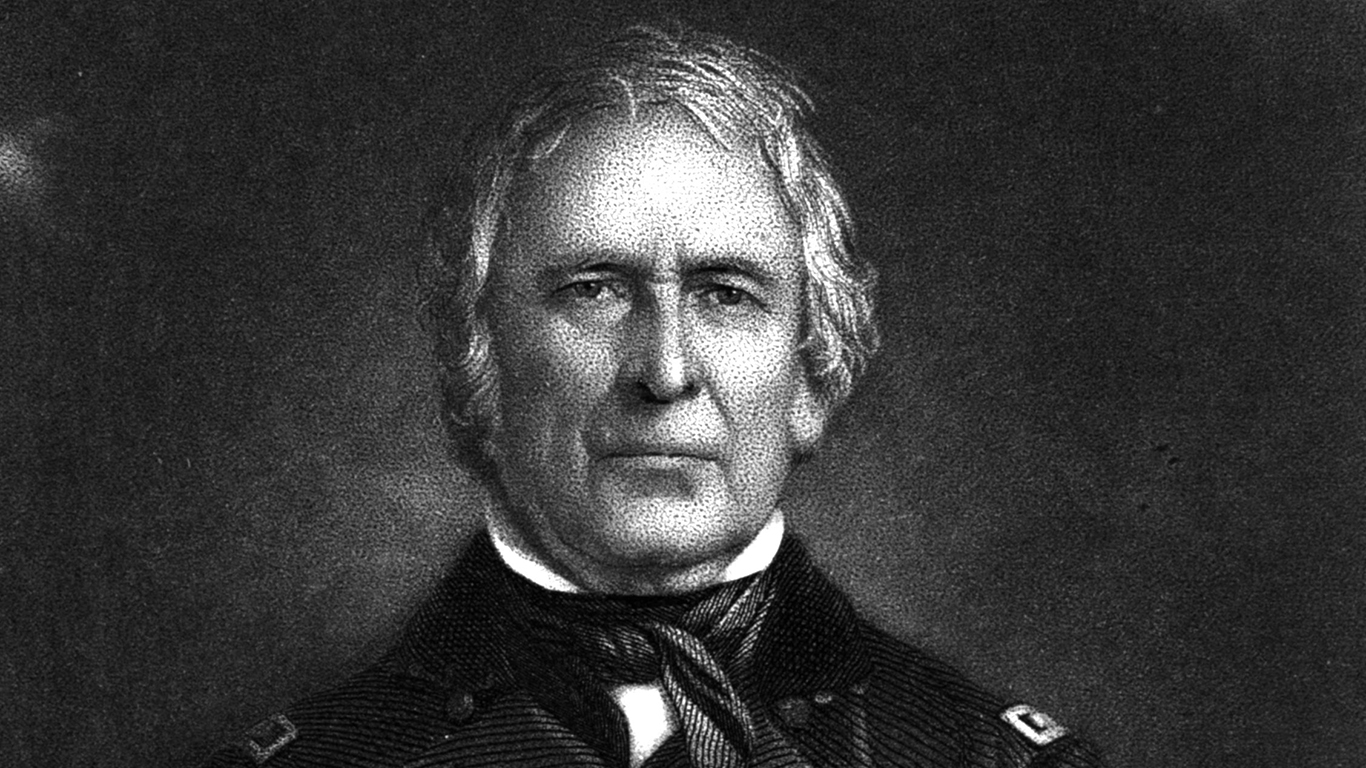
- Administration: 12th U.S. president, March 4, 1849, to July 9, 1850
- Party: Whig
- Big events: California Gold Rush, Utah Territory established, Clayton-Bulwer Treaty of 1850, Compromise of 1850
- Popularity score with millennials: 43%
A Forgettable Administration
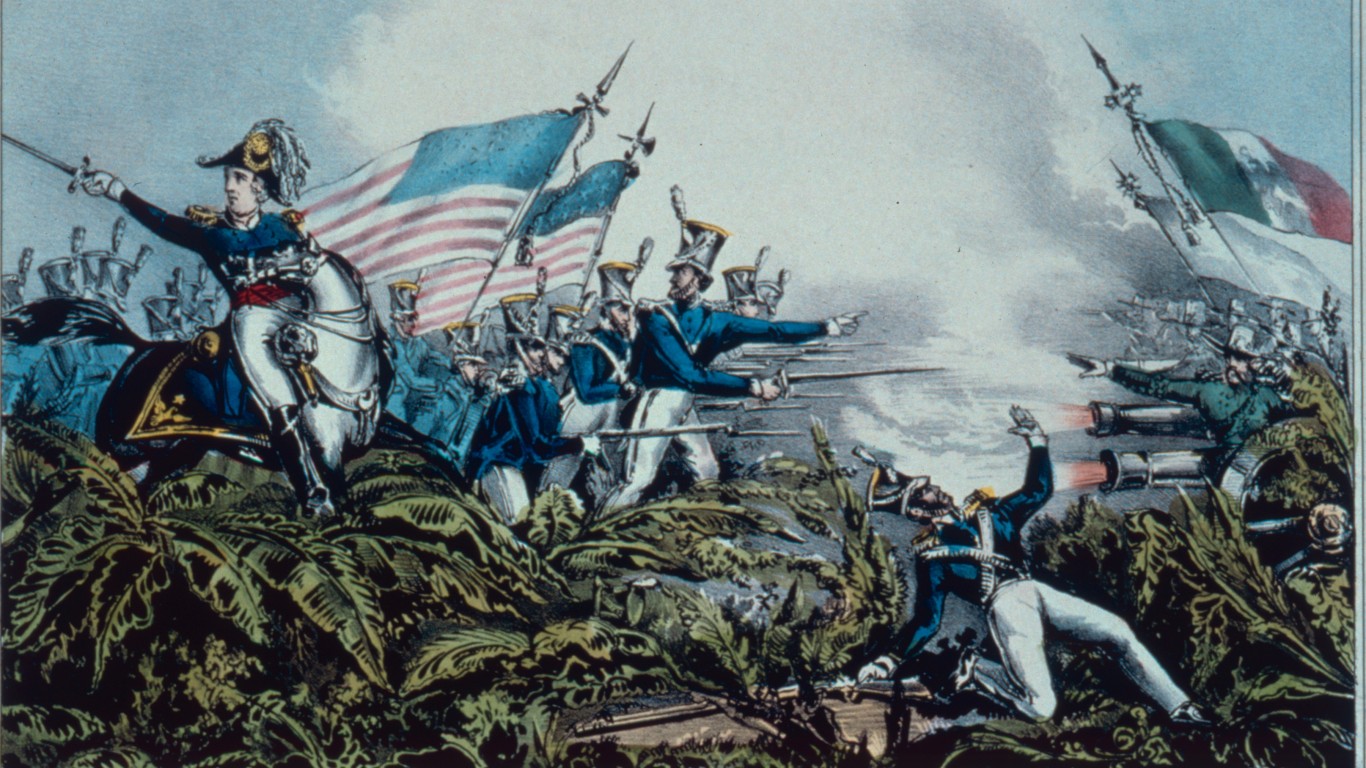
A political novice, Taylor aimed to keep the union together despite increasing tension between the North and South. An American military leader and wealthy slave owner himself, he opposed the extension of slavery into new states and objected to the idea of secession. However, he only lived for a little more than a year into his presidency. The cause of his death has been a subject of historical speculation. Taylor is seen more as a forgettable president than a failed one.
3. Benjamin Harrison
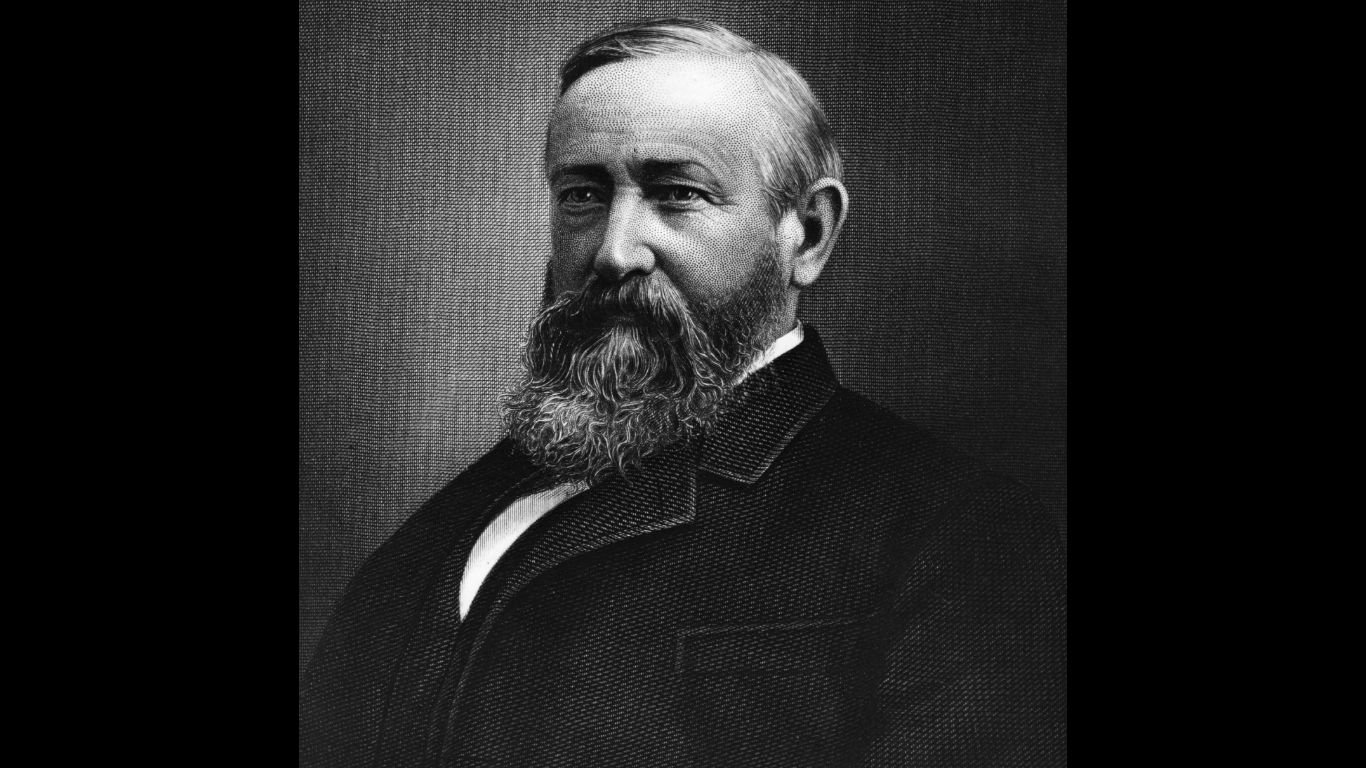
- Administration: 23rd U.S. president, March 4, 1889, to March 4, 1893
- Party: Republican
- Big events: civil service reform, McKinley Tariff, Sherman Antitrust Act, Land Revision Act of 1891, Ghost Dance movement, Chilean civil war, Hawaiian annexation dispute
- Popularity score with millennials: 42%
A Sleepwalking President
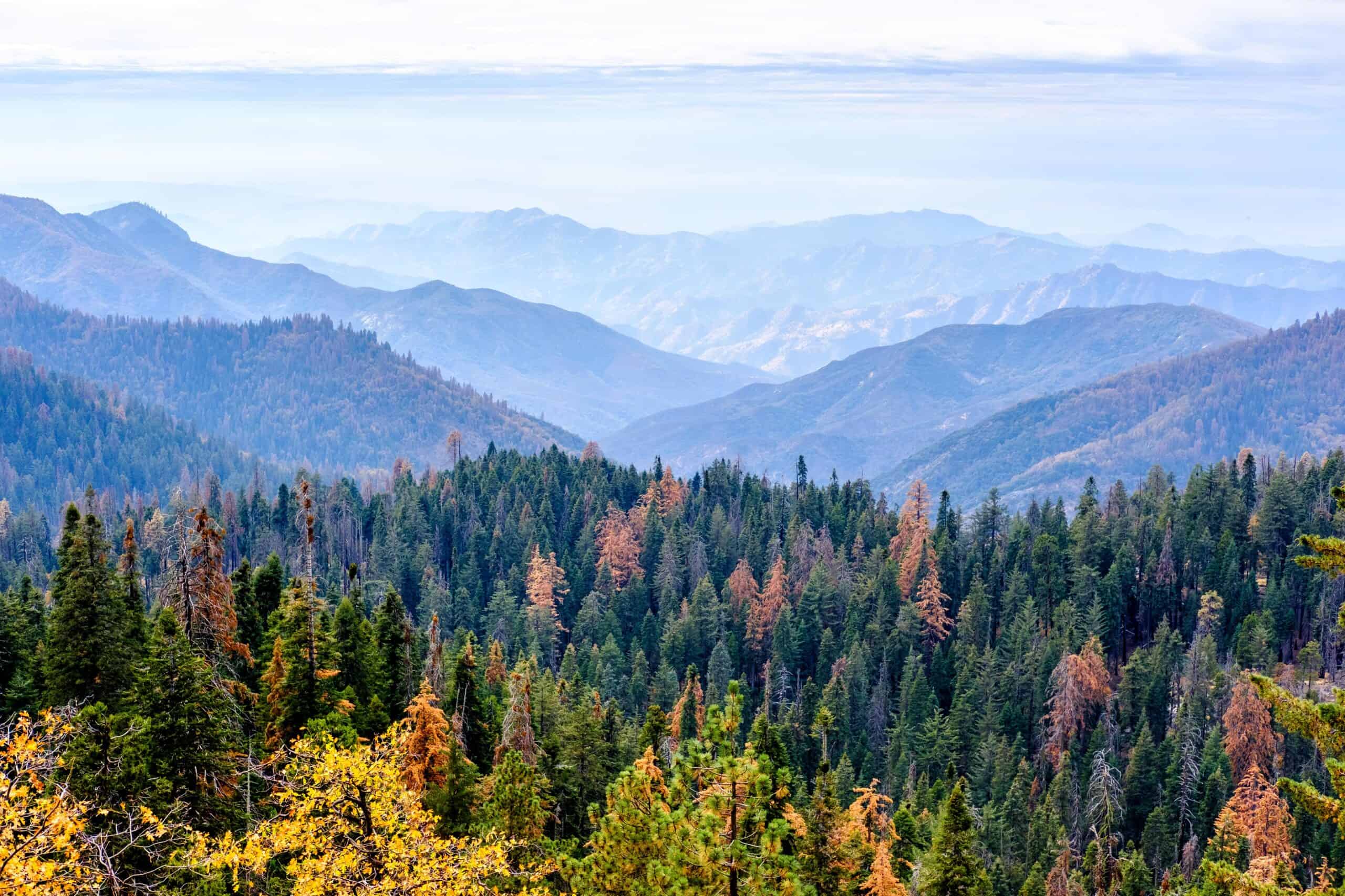
The grandson of William Henry Harrison, ninth U.S. president, Benjamin Harrison lost the popular vote to Grover Cleveland but won in the Electoral College. Harrison was criticized as a puppet of political party bosses and for sleepwalking through his presidency. His economic policies may have contributed to the economic collapse of 1893. Yet, he was a strong proponent of the conservation of national resources and civil rights of African Americans, though he failed to secure the latter.
2. Grover Cleveland
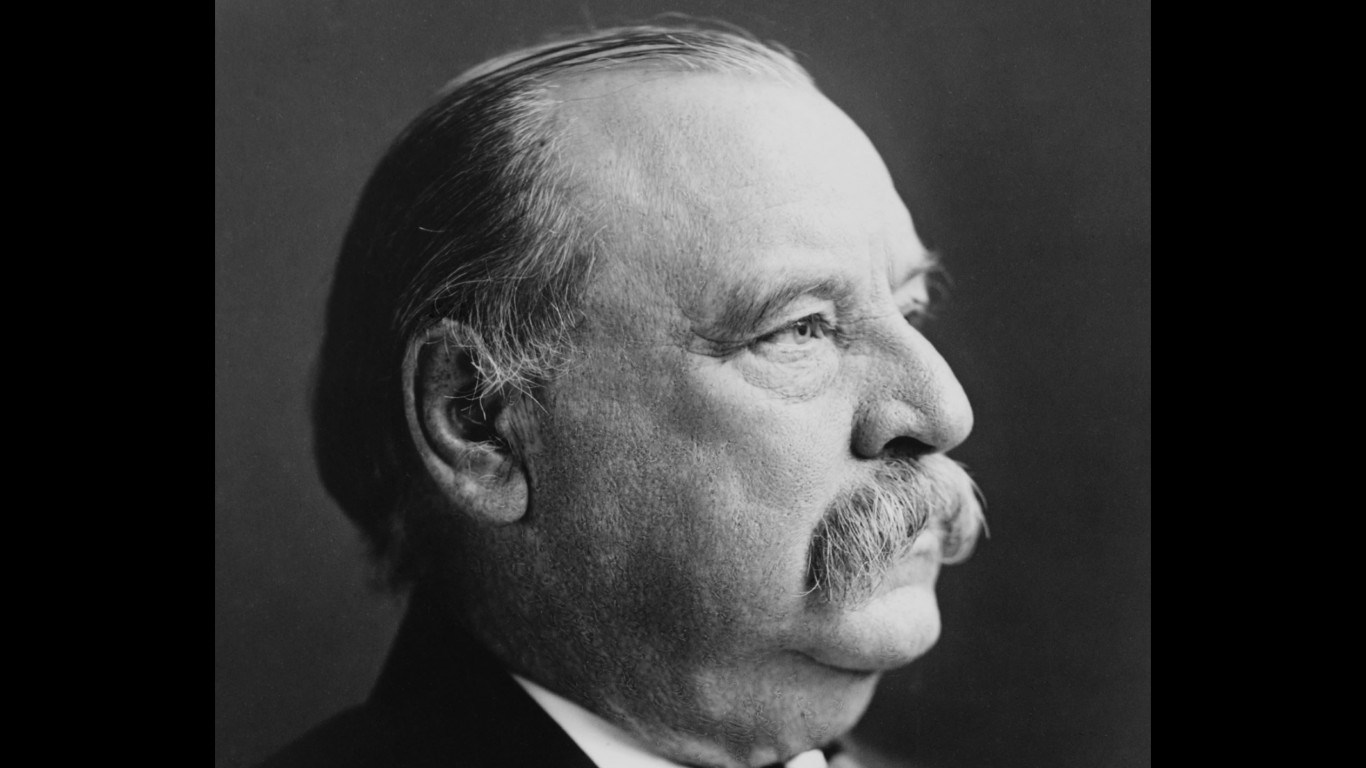
- Administration: 22nd U.S. president, March 4, 1885, to March 4, 1889; 24th U.S. president, March 4, 1893, to March 4, 1897
- Party: Democratic
- Big events: naval modernization, gold standard and tariff disputes, Scott Act, Panic of 1893, Pullman Strike, Hawaiian annexation dispute, Utah statehood
- Popularity score with millennials: 42%
A Split Administration
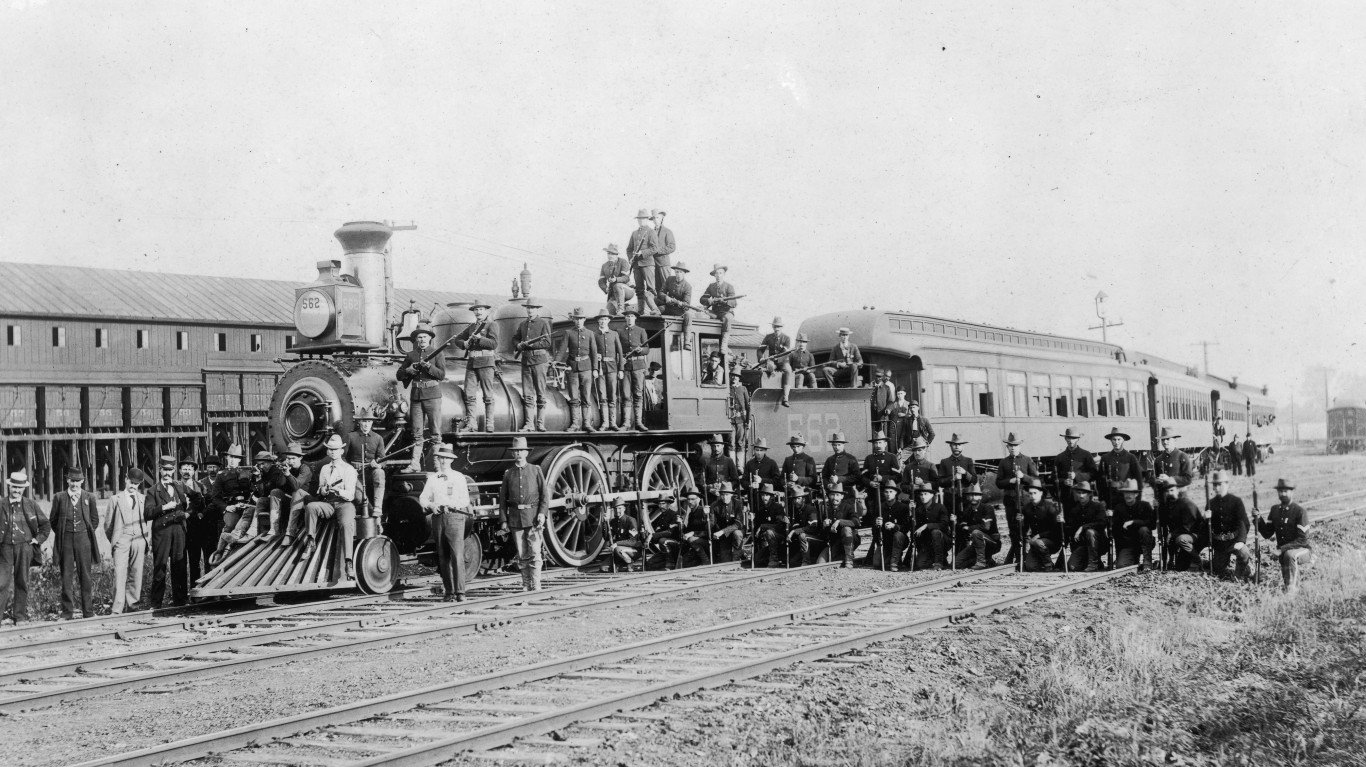
Cleveland was the only president in U.S. history to serve non-consecutive presidential terms. He viewed himself as independent from party politics, and he strengthened the power and autonomy of the executive branch by citing executive privilege against demands of Congress and record-breaking use of the presidential veto. Yet, historians see him as lacking vision and leadership, and his presidency as one of the last before the era of modern presidents such as Teddy Roosevelt.
The Most Popular Democrats According to Baby Boomers: Ranked
1. Franklin Pierce
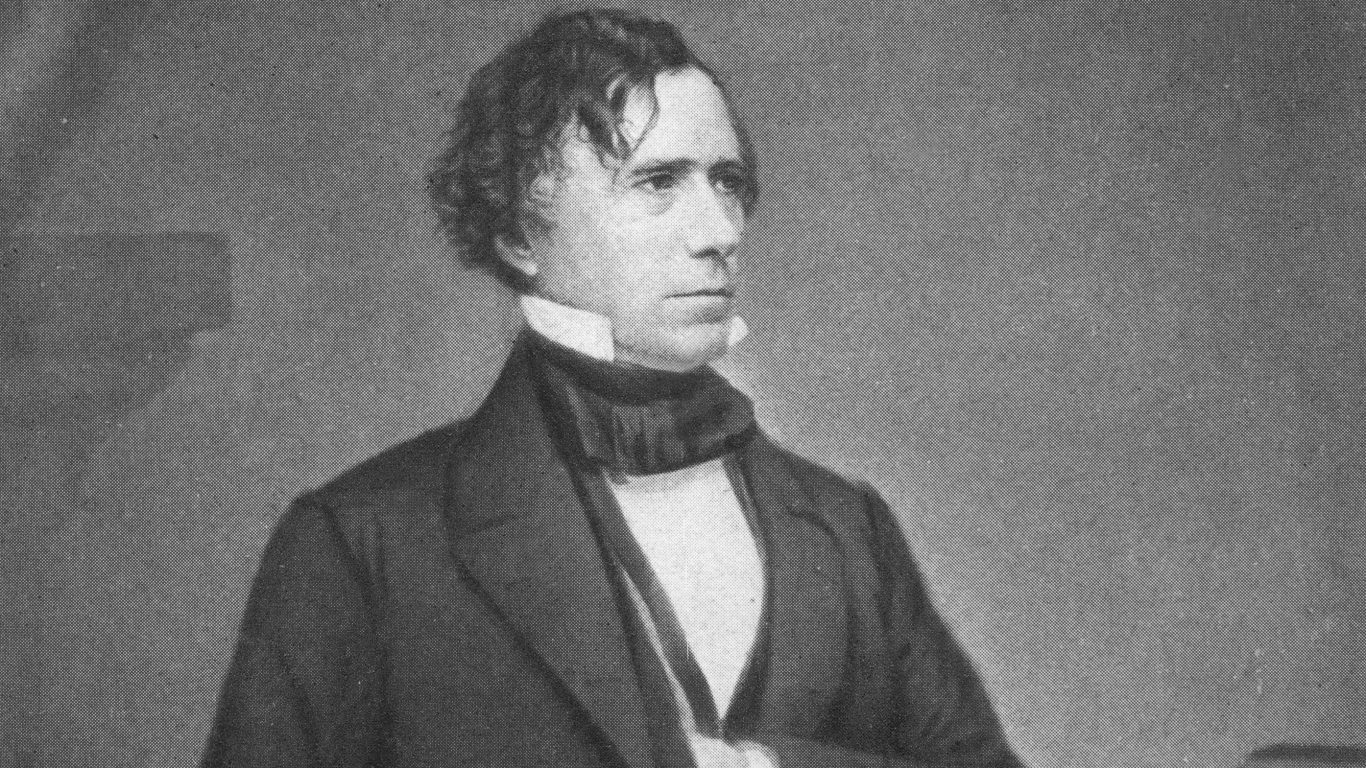
- Administration: 14th U.S. president, March 4, 1853, to March 4, 1857
- Party: Democratic
- Big events: Treasury reformation, Gadsden Purchase, Kansas-Nebraska Act, trade treaty with Japan
- Popularity score with millennials: 33%
The Least Popular President
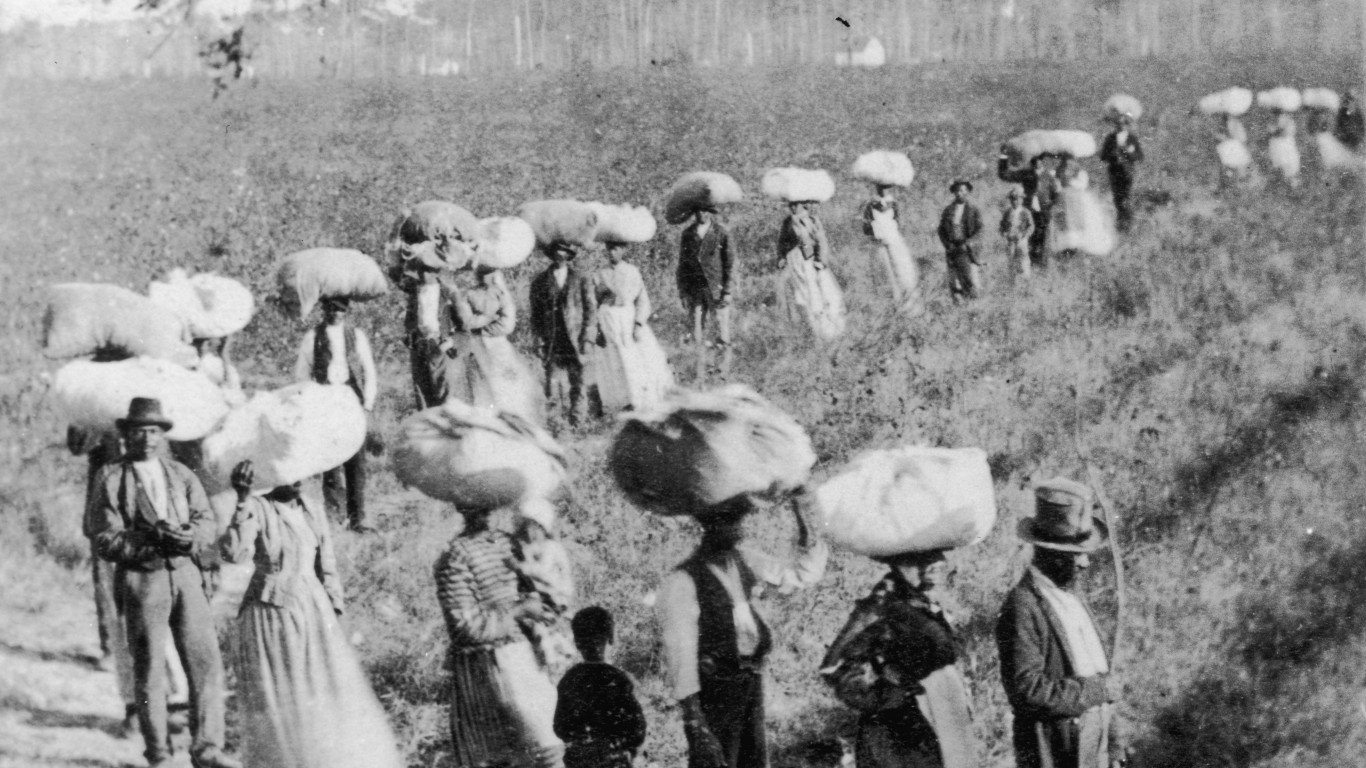
Pierce won the nomination of his party as a compromise candidate and a pro-slavery Northerner. He is remembered as one of the most amiable and handsome presidents. But he came to office during a period of growing tension between the North and South, and he supported allowing states to determine whether to allow slavery in their borders. This pushed the country toward civil war. By the end of his term, he had lost the support of his party, and he was not nominated for a second term.
∴
Take This Retirement Quiz To Get Matched With An Advisor Now (Sponsored)
Are you ready for retirement? Planning for retirement can be overwhelming, that’s why it could be a good idea to speak to a fiduciary financial advisor about your goals today.
Start by taking this retirement quiz right here from SmartAsset that will match you with up to 3 financial advisors that serve your area and beyond in 5 minutes. Smart Asset is now matching over 50,000 people a month.
Click here now to get started.
Thank you for reading! Have some feedback for us?
Contact the 24/7 Wall St. editorial team.
